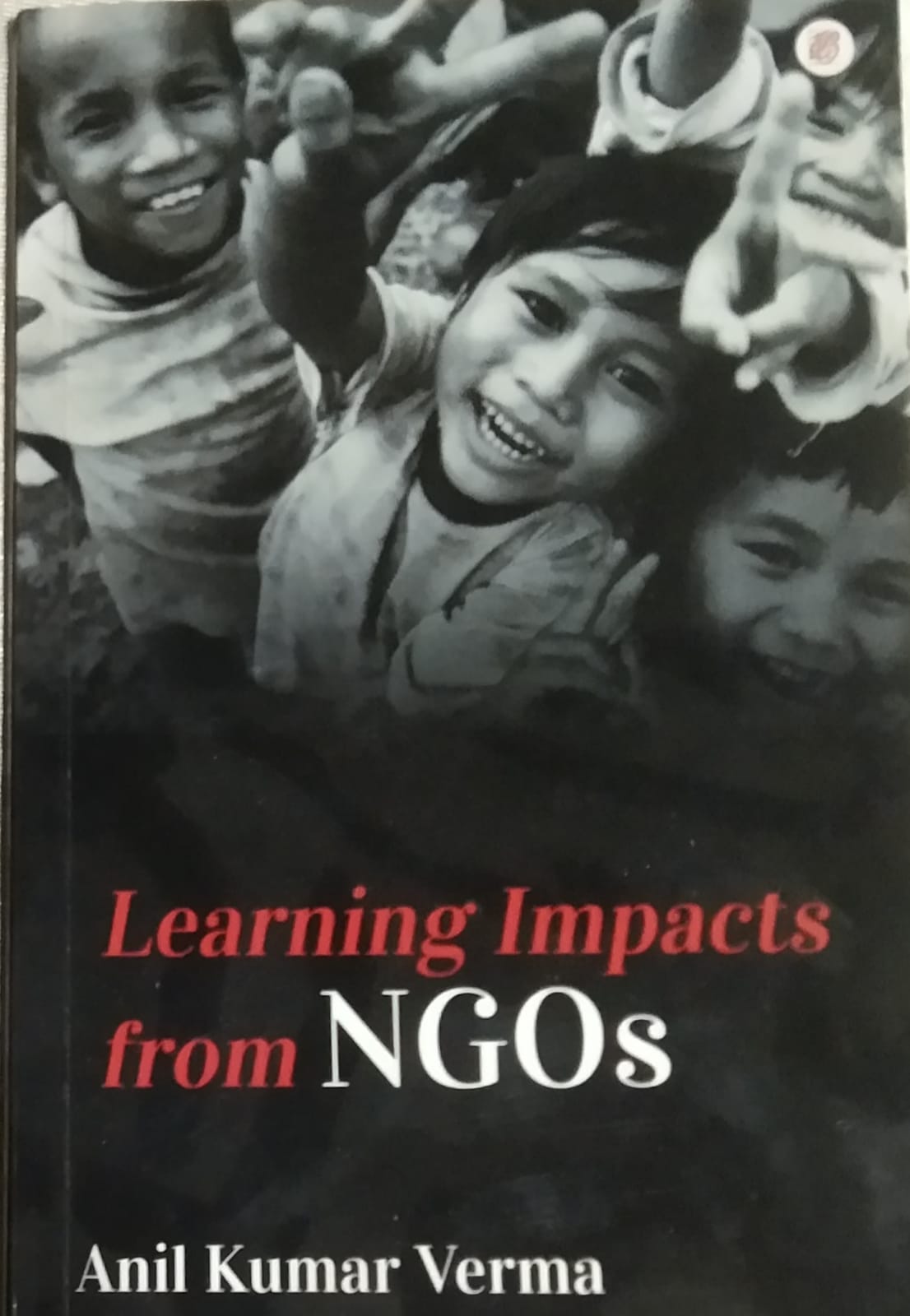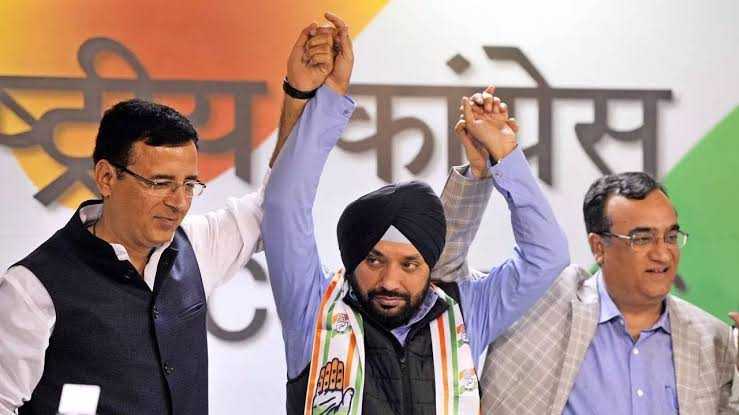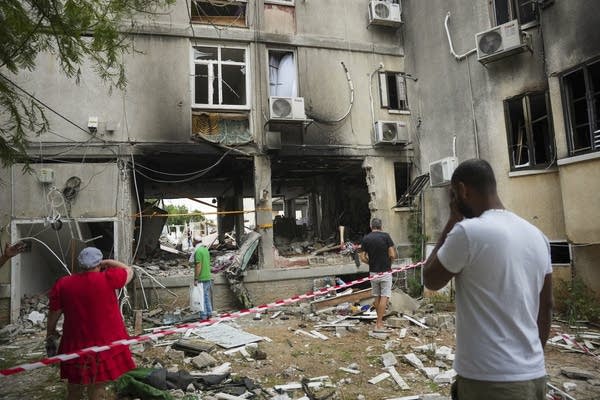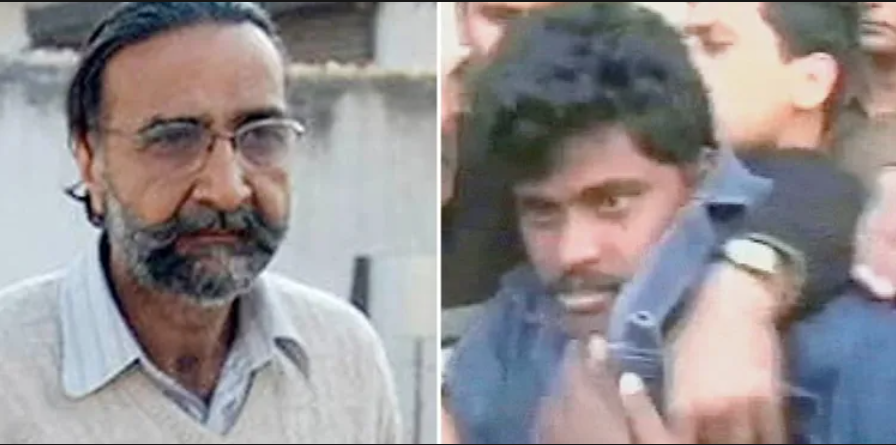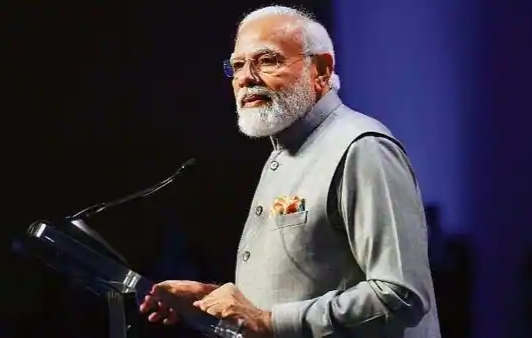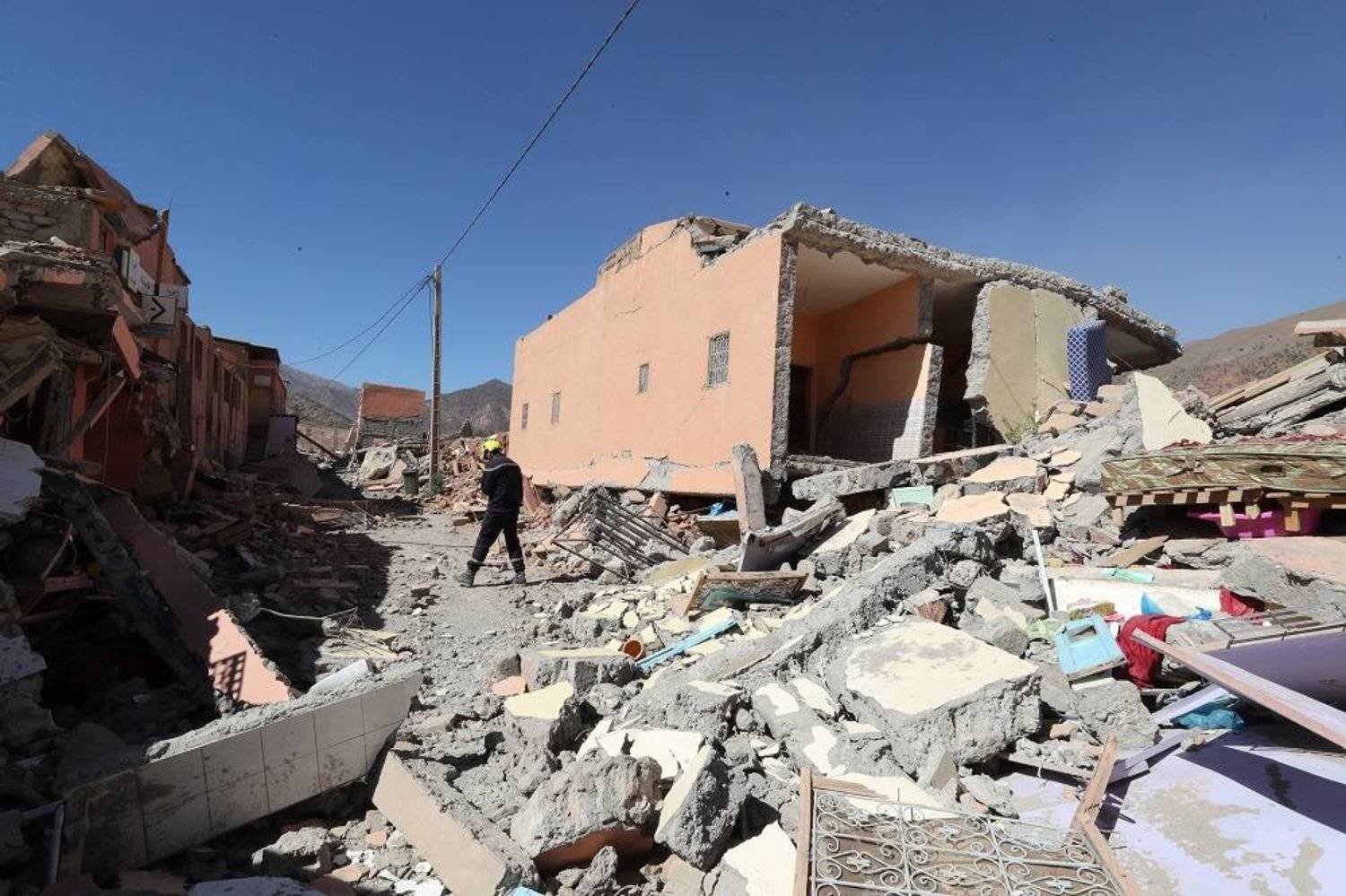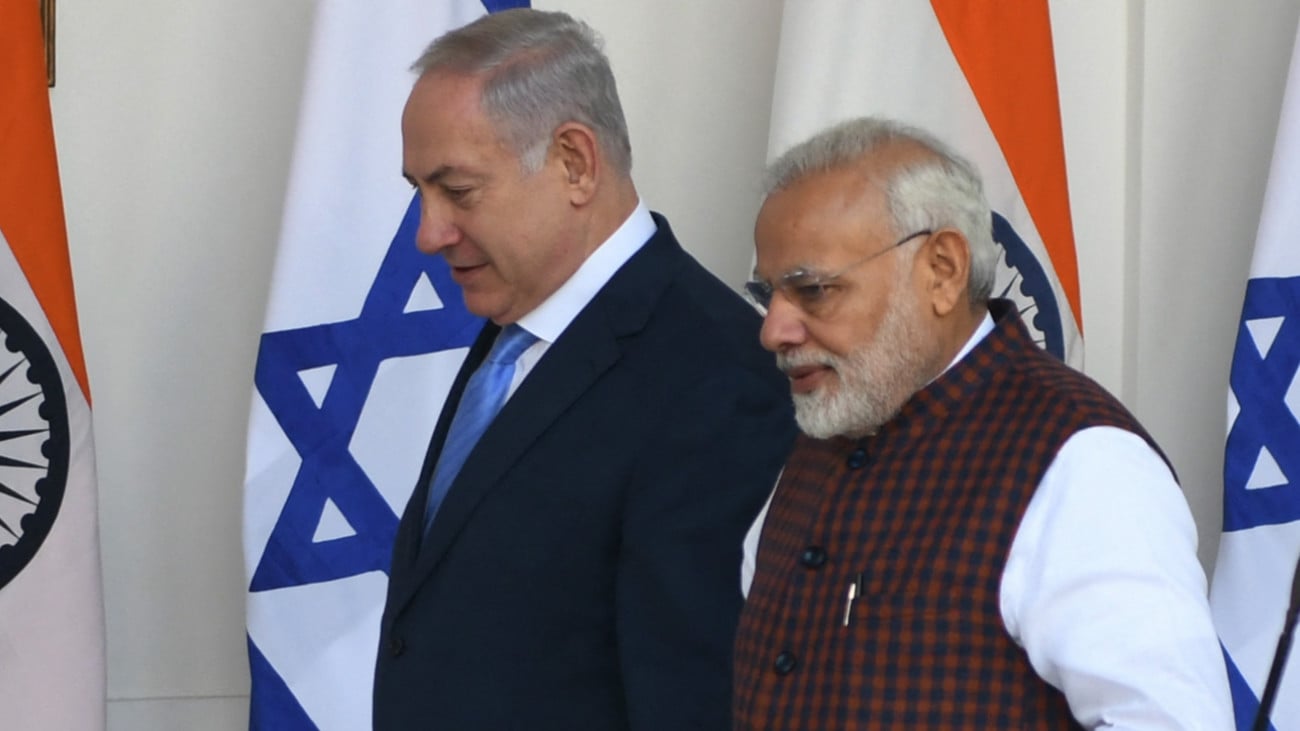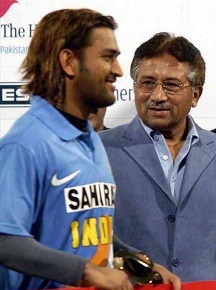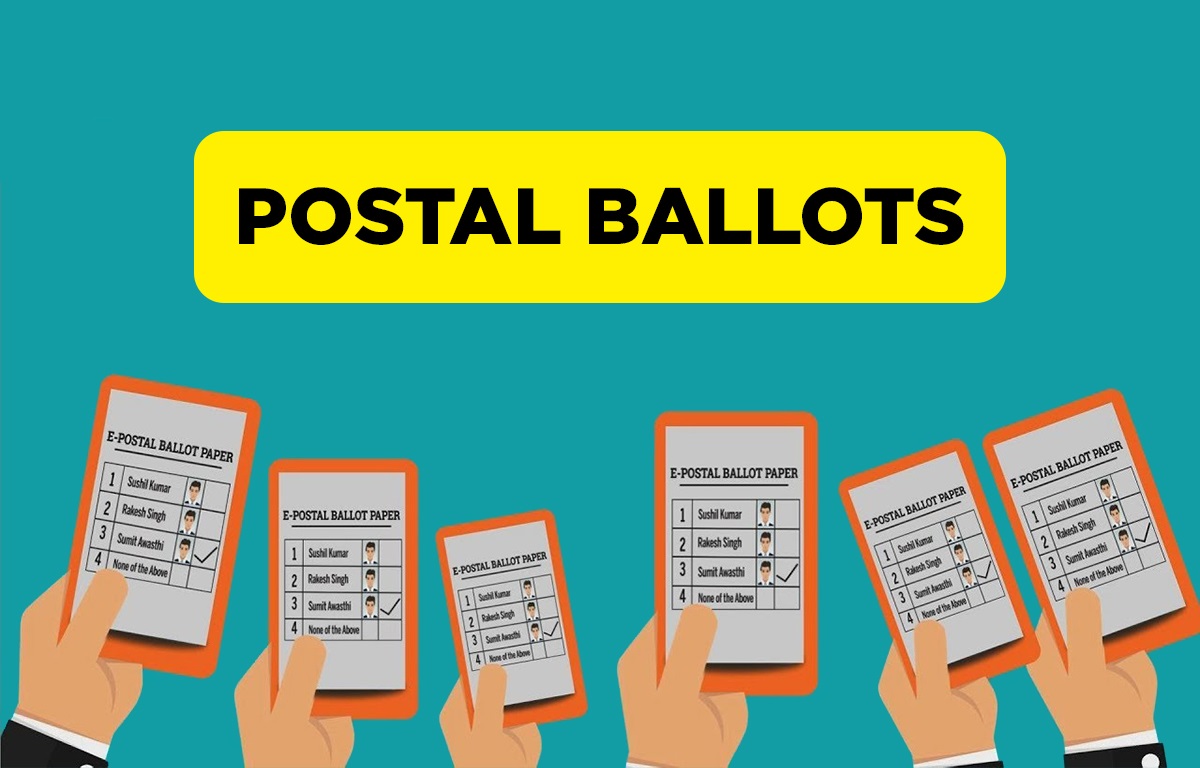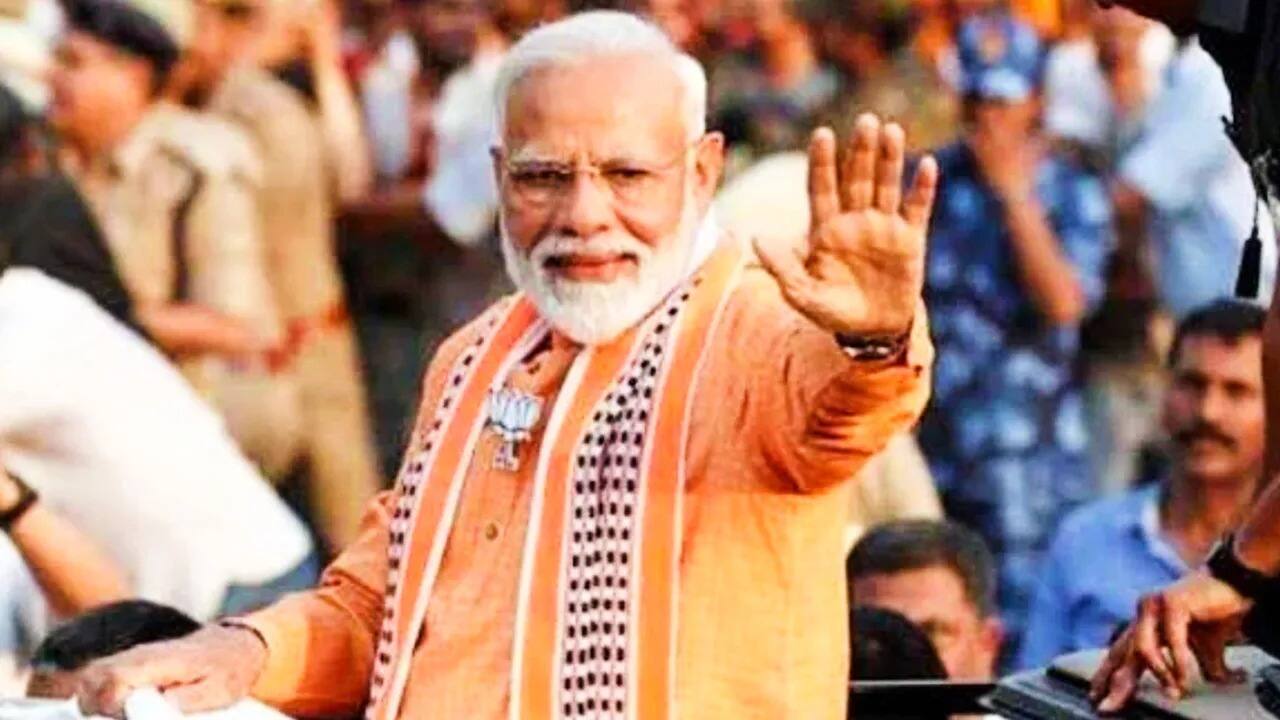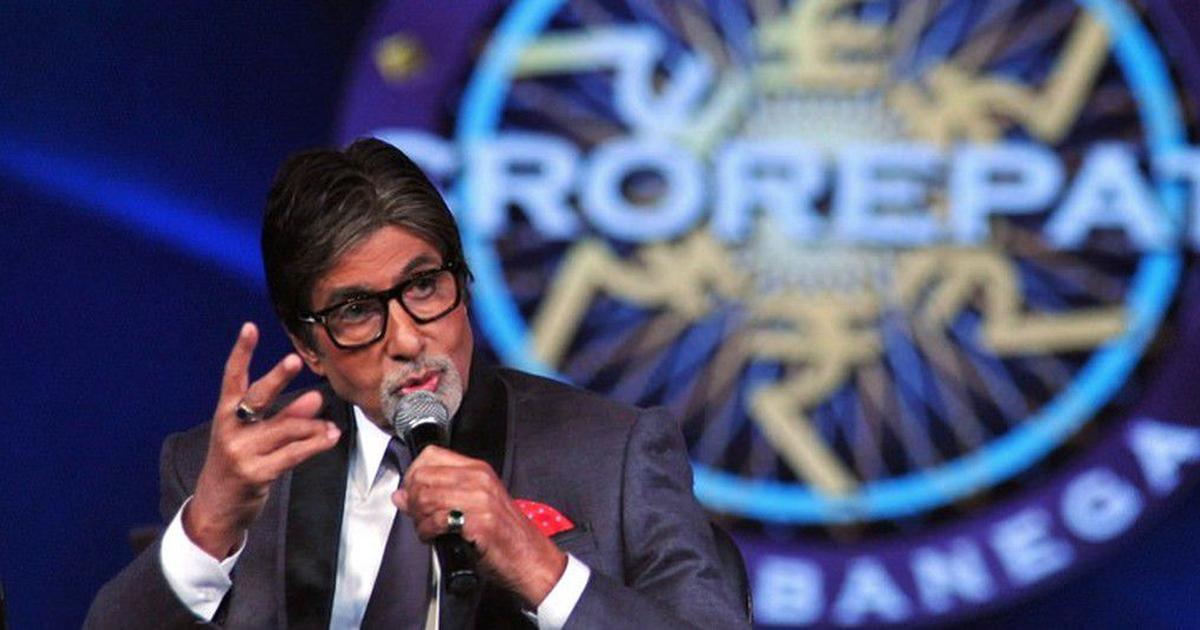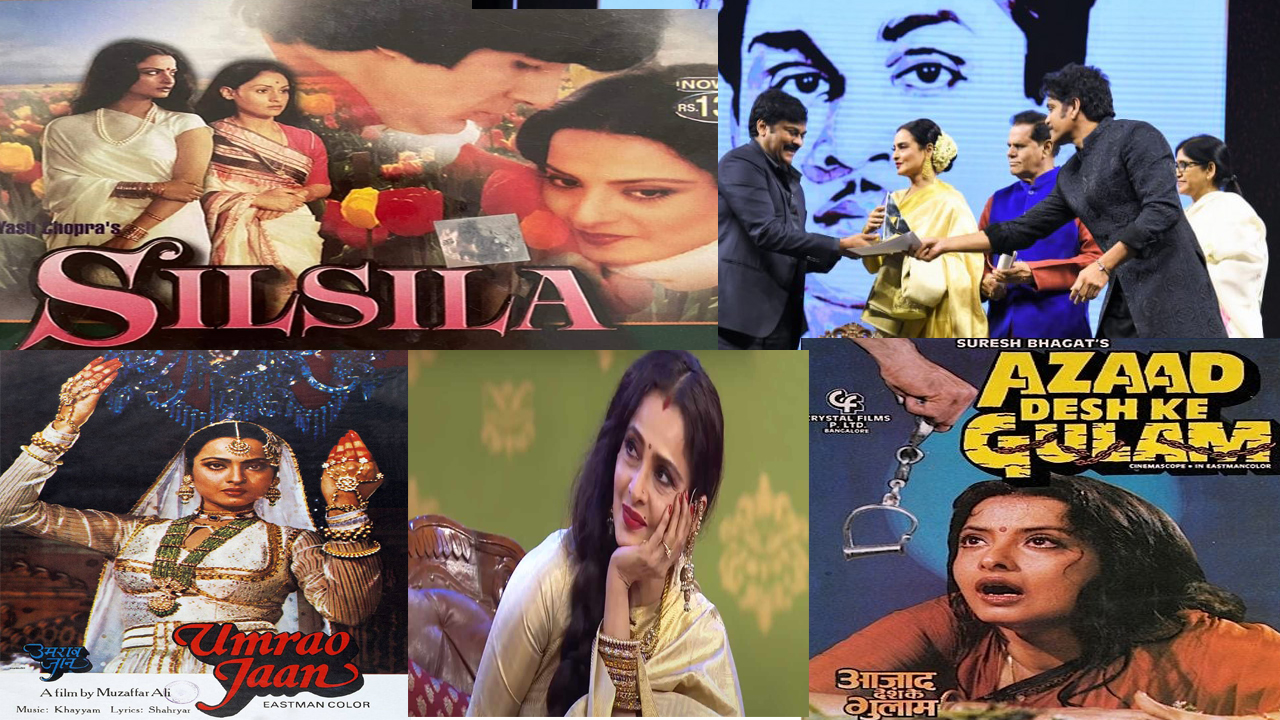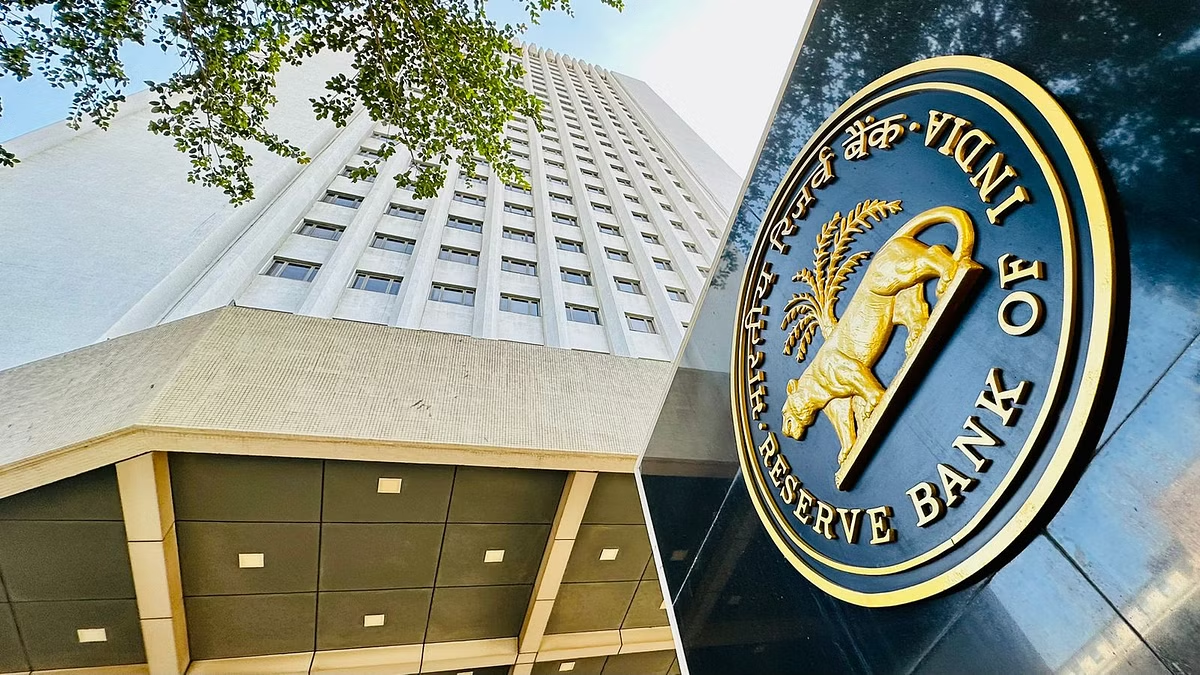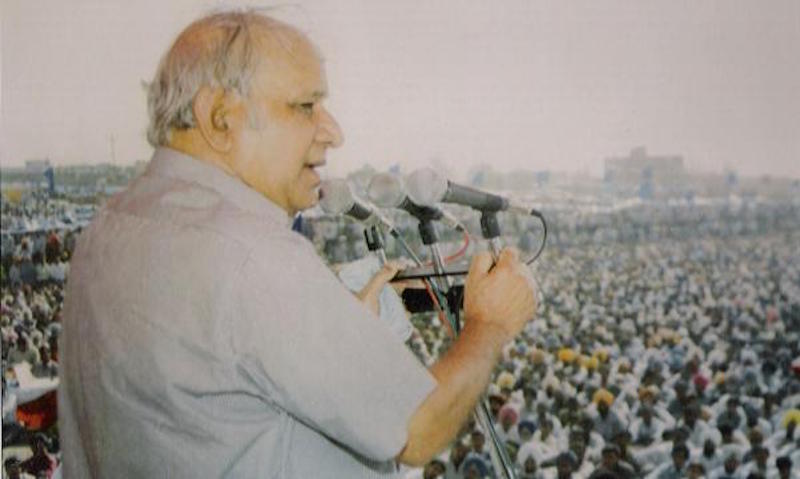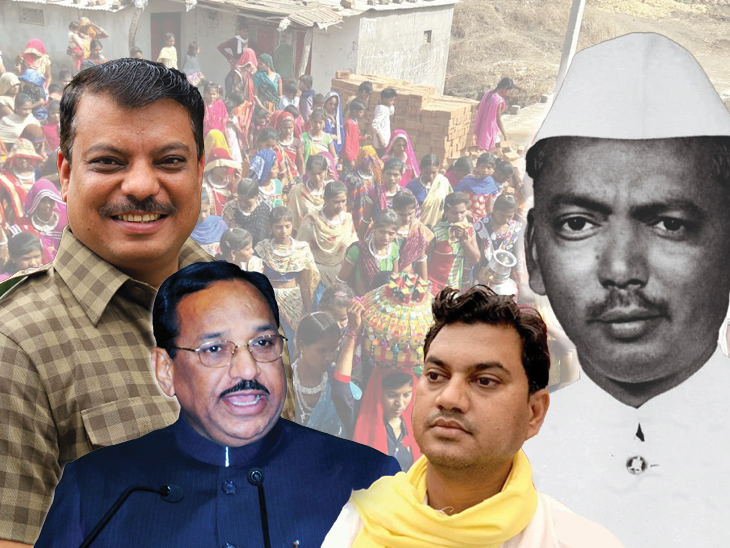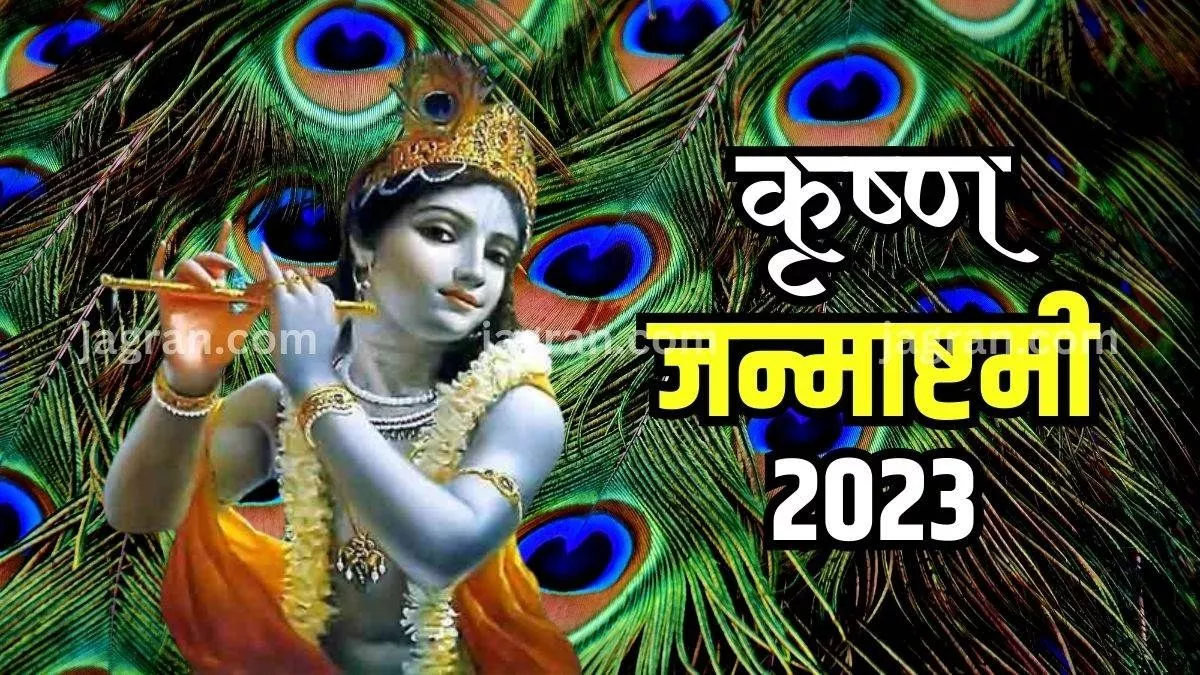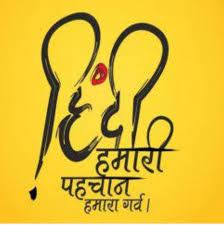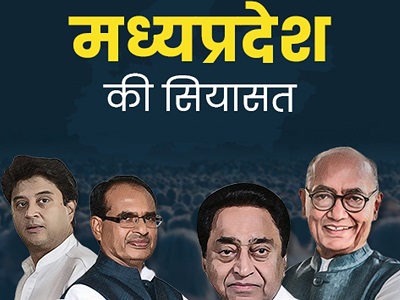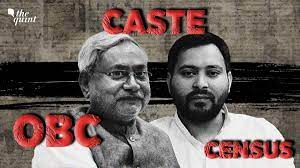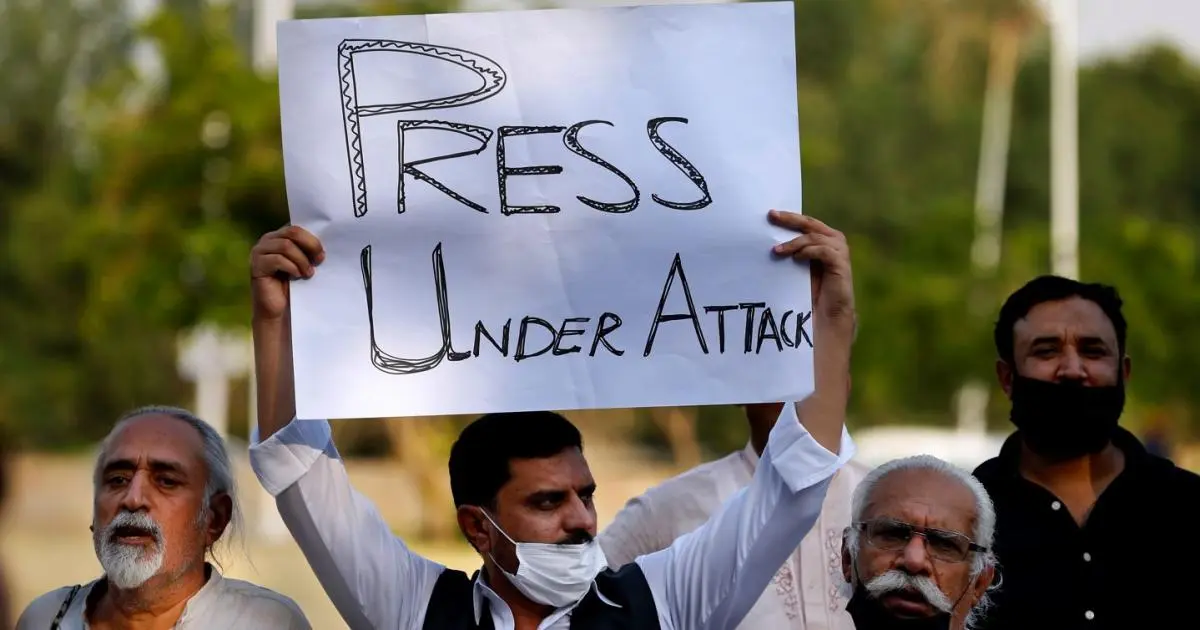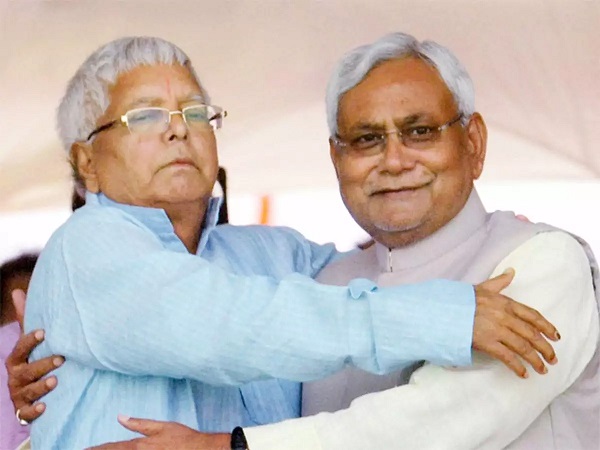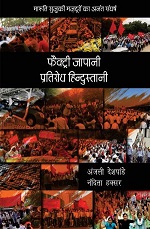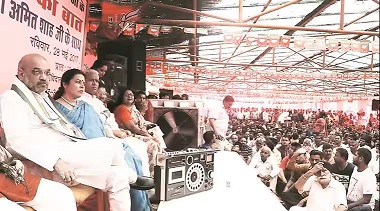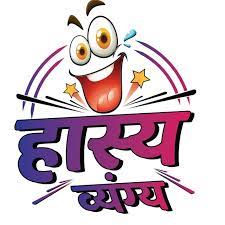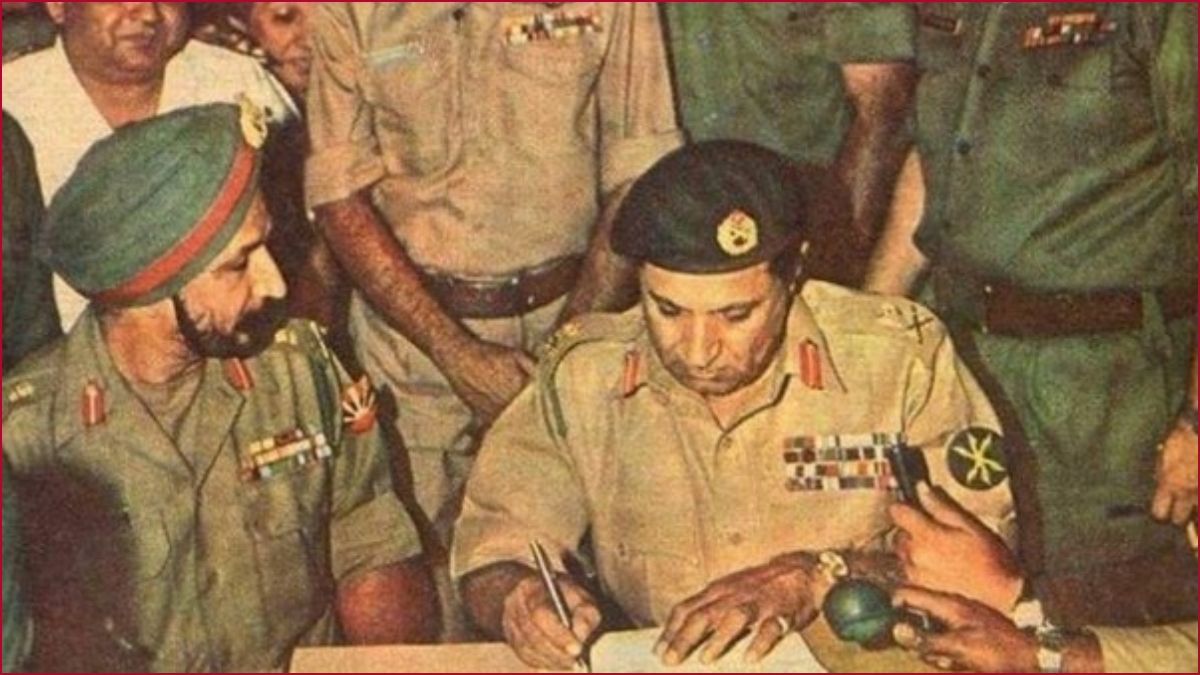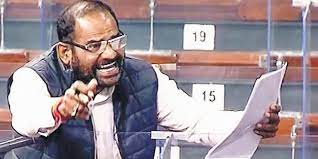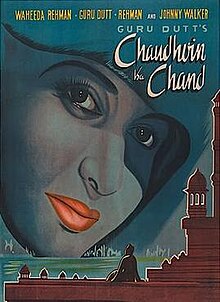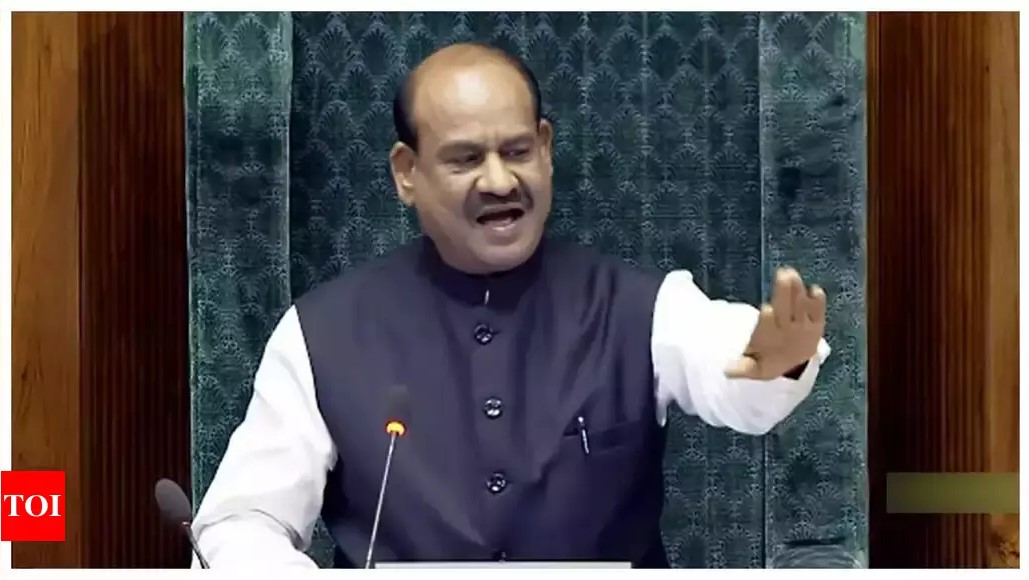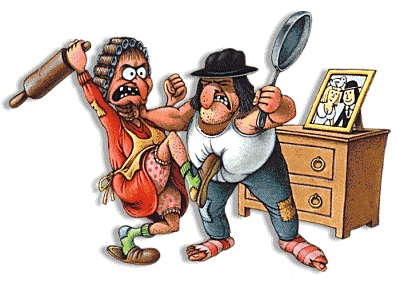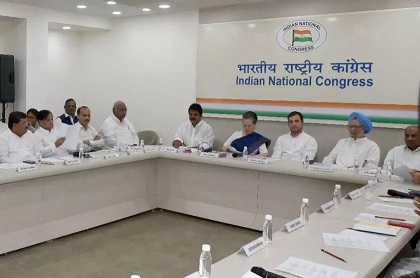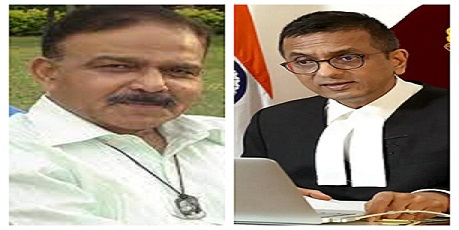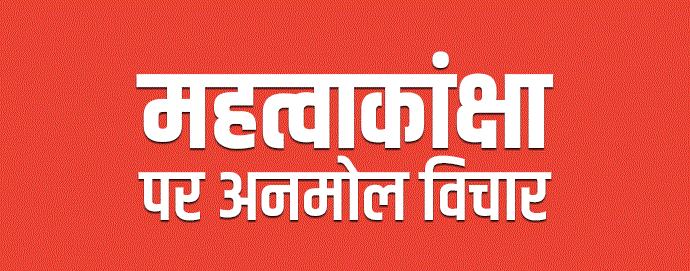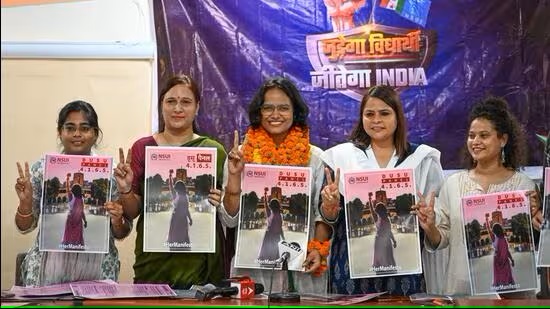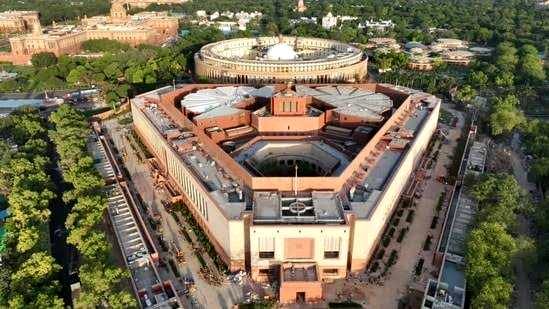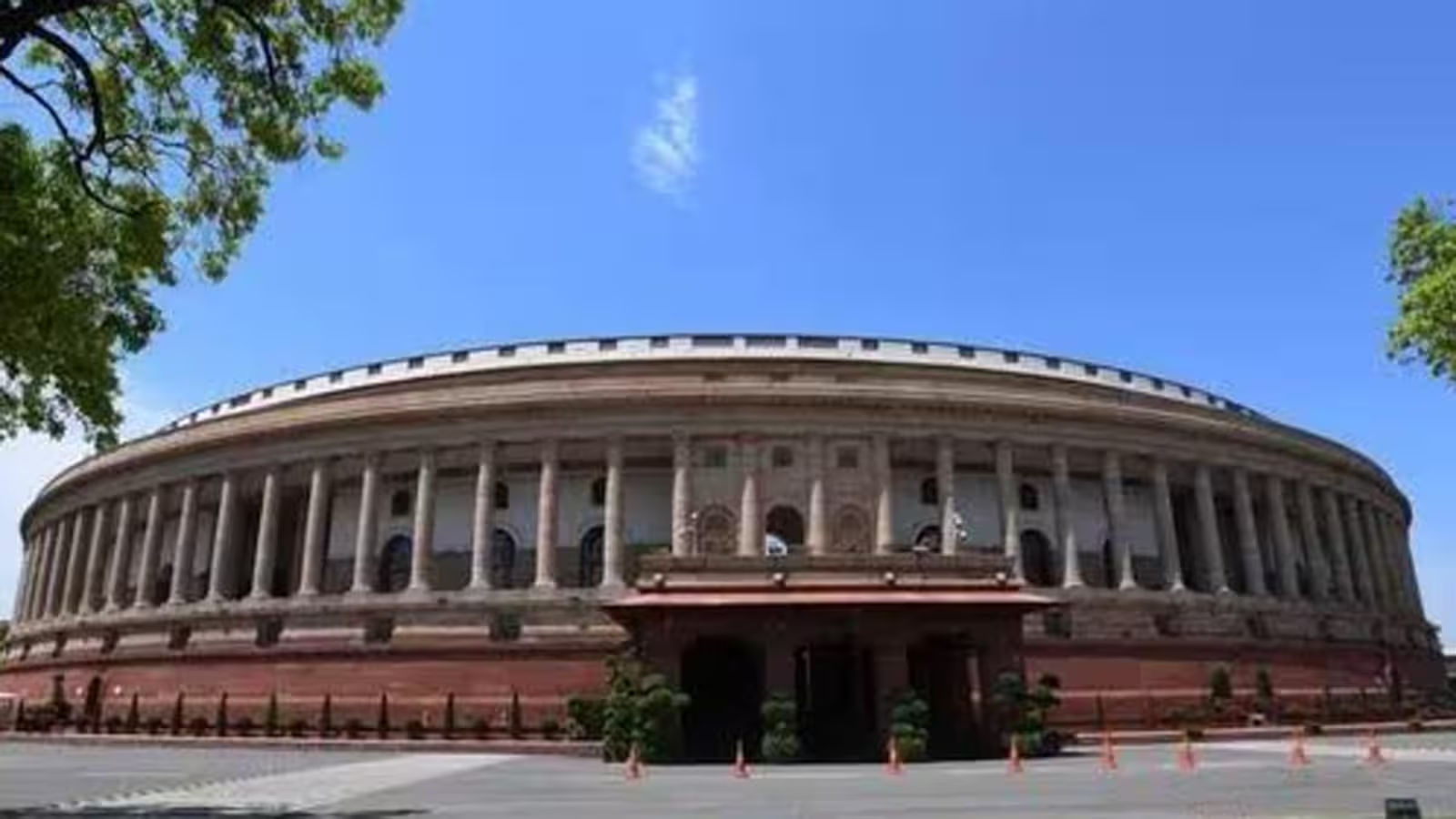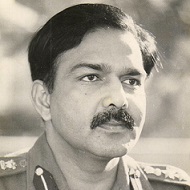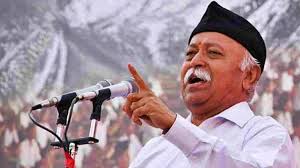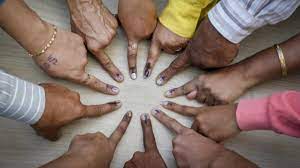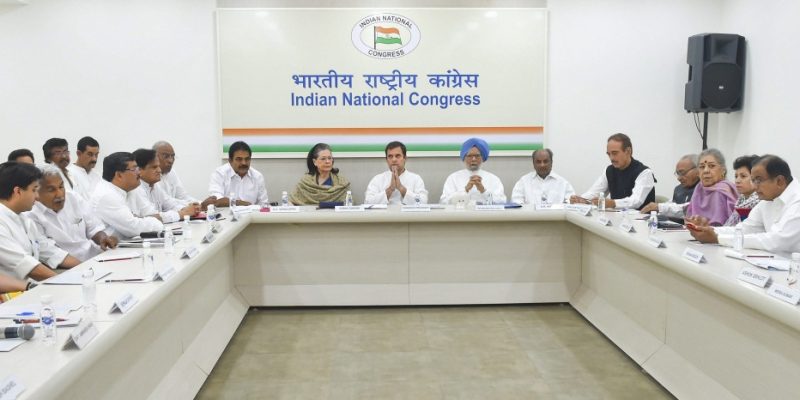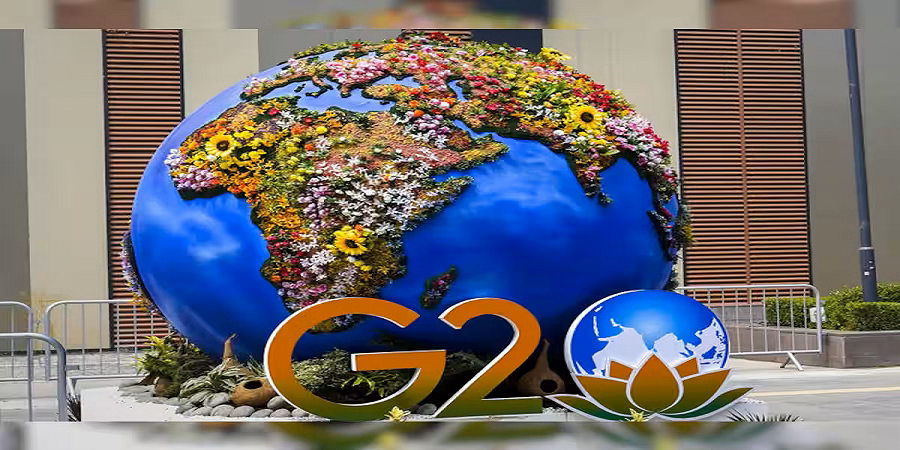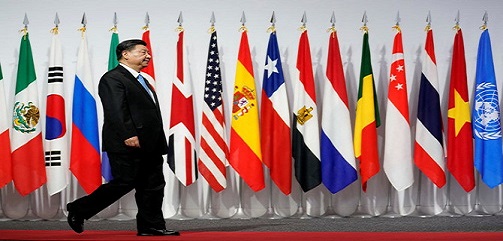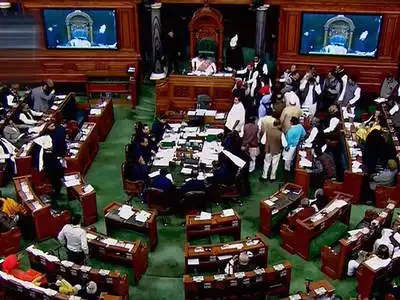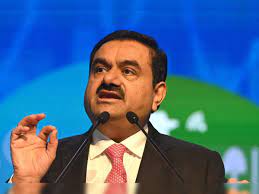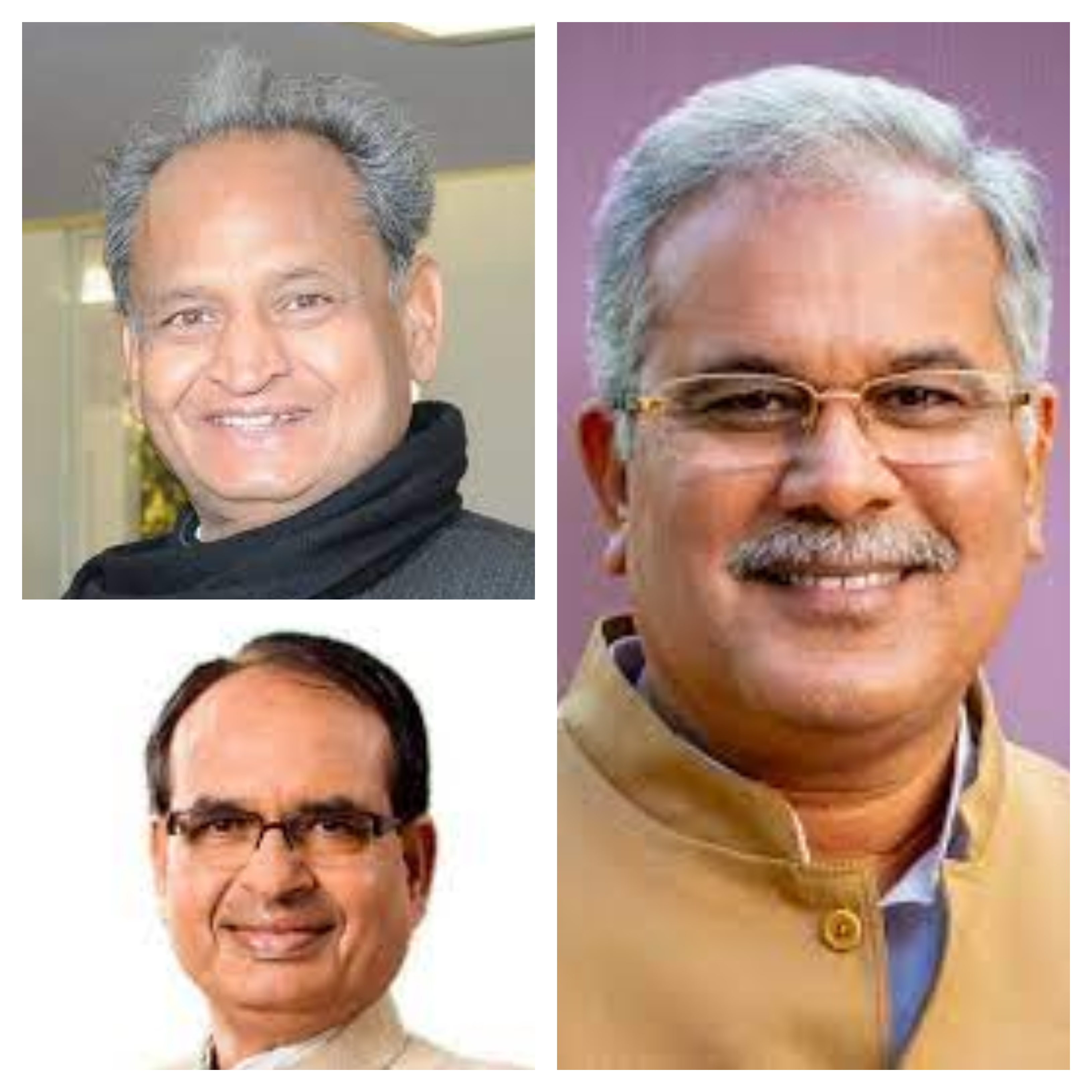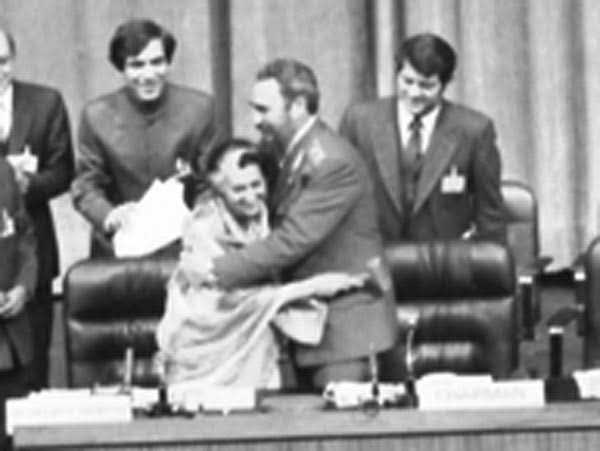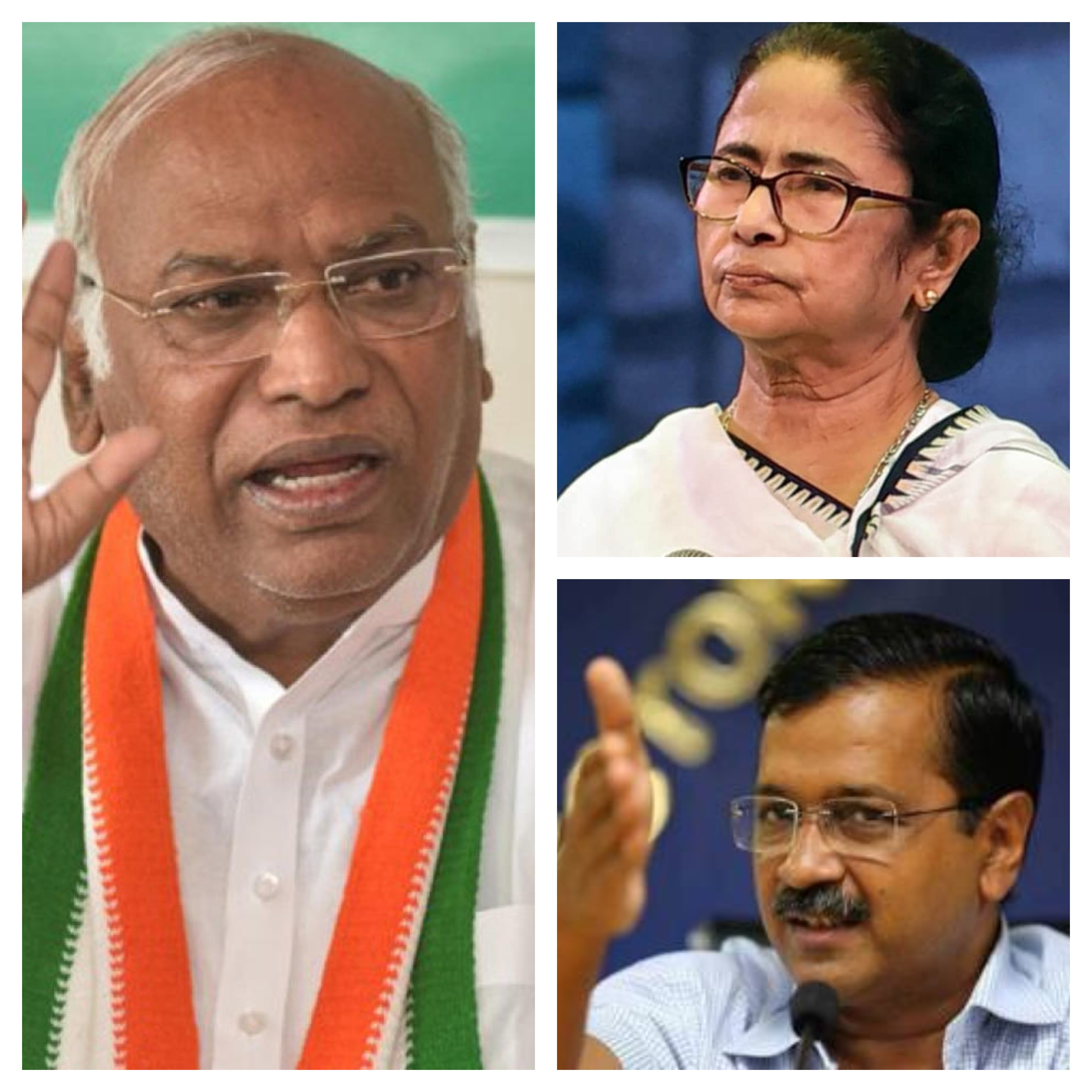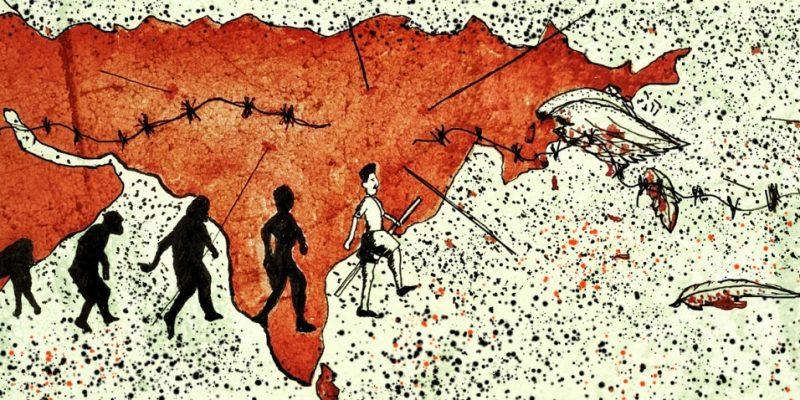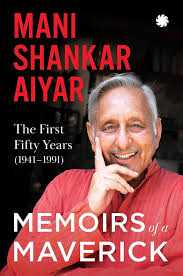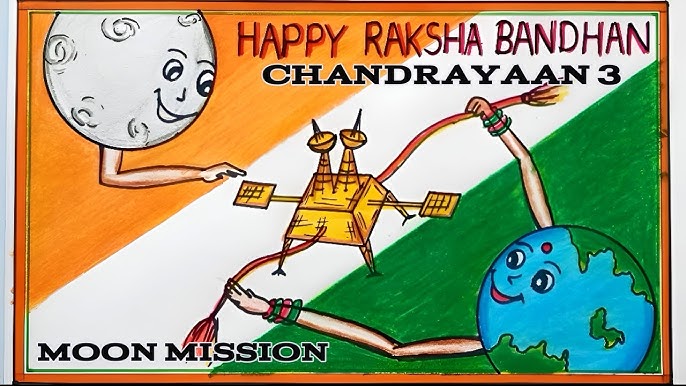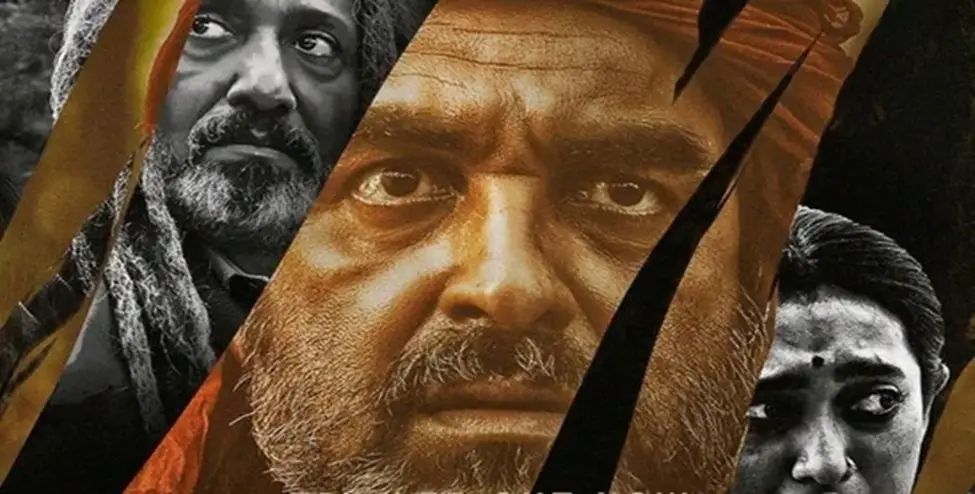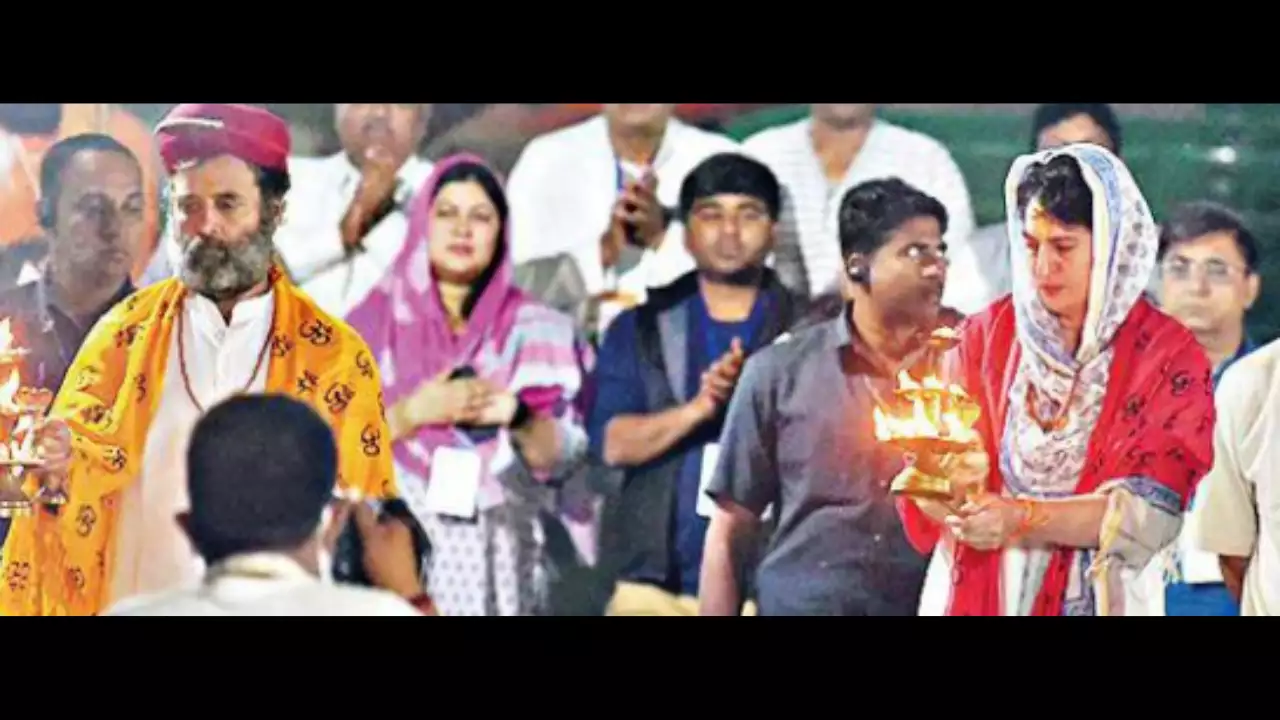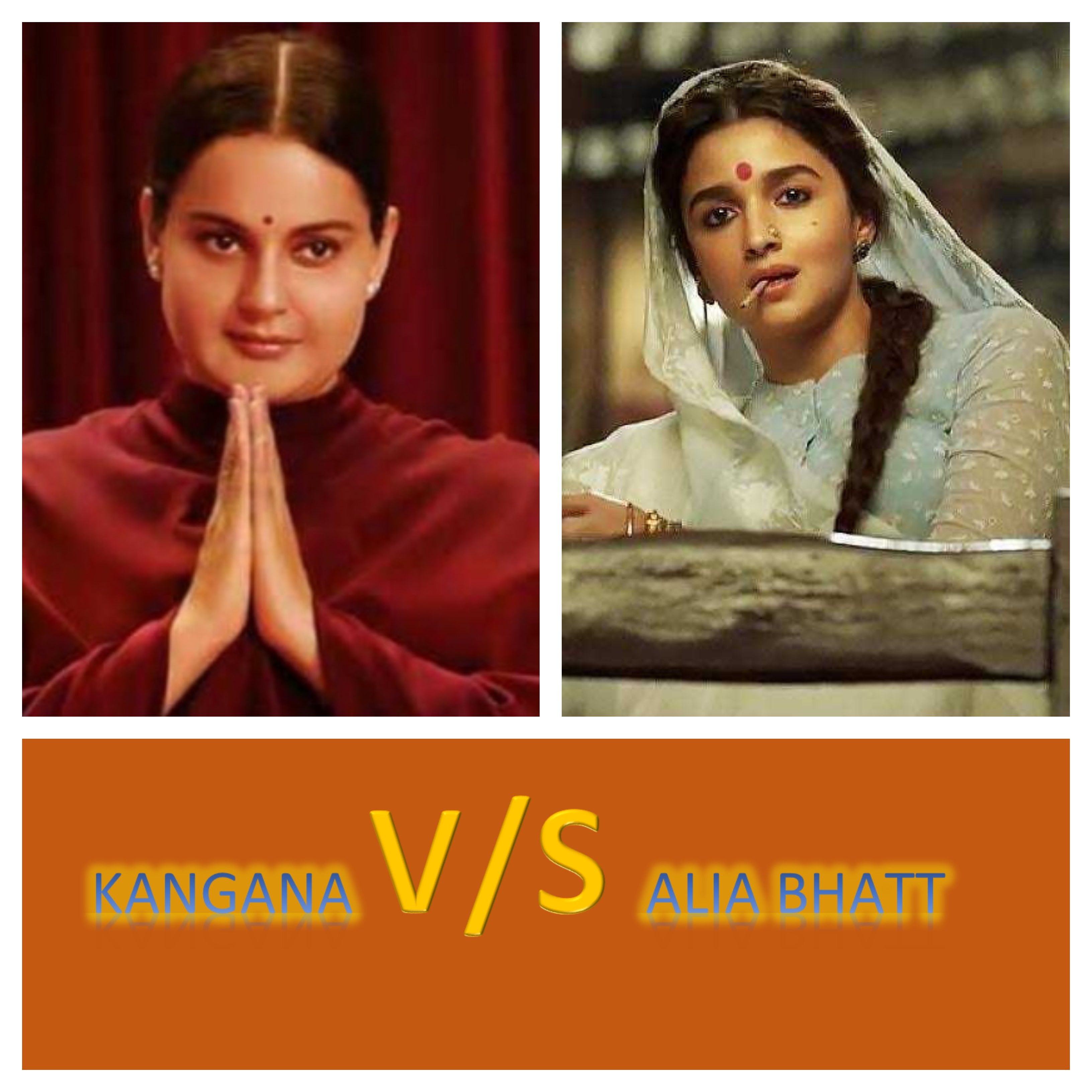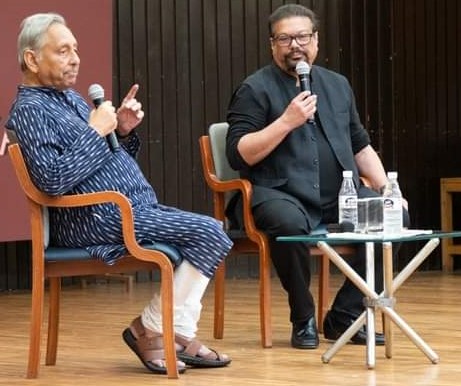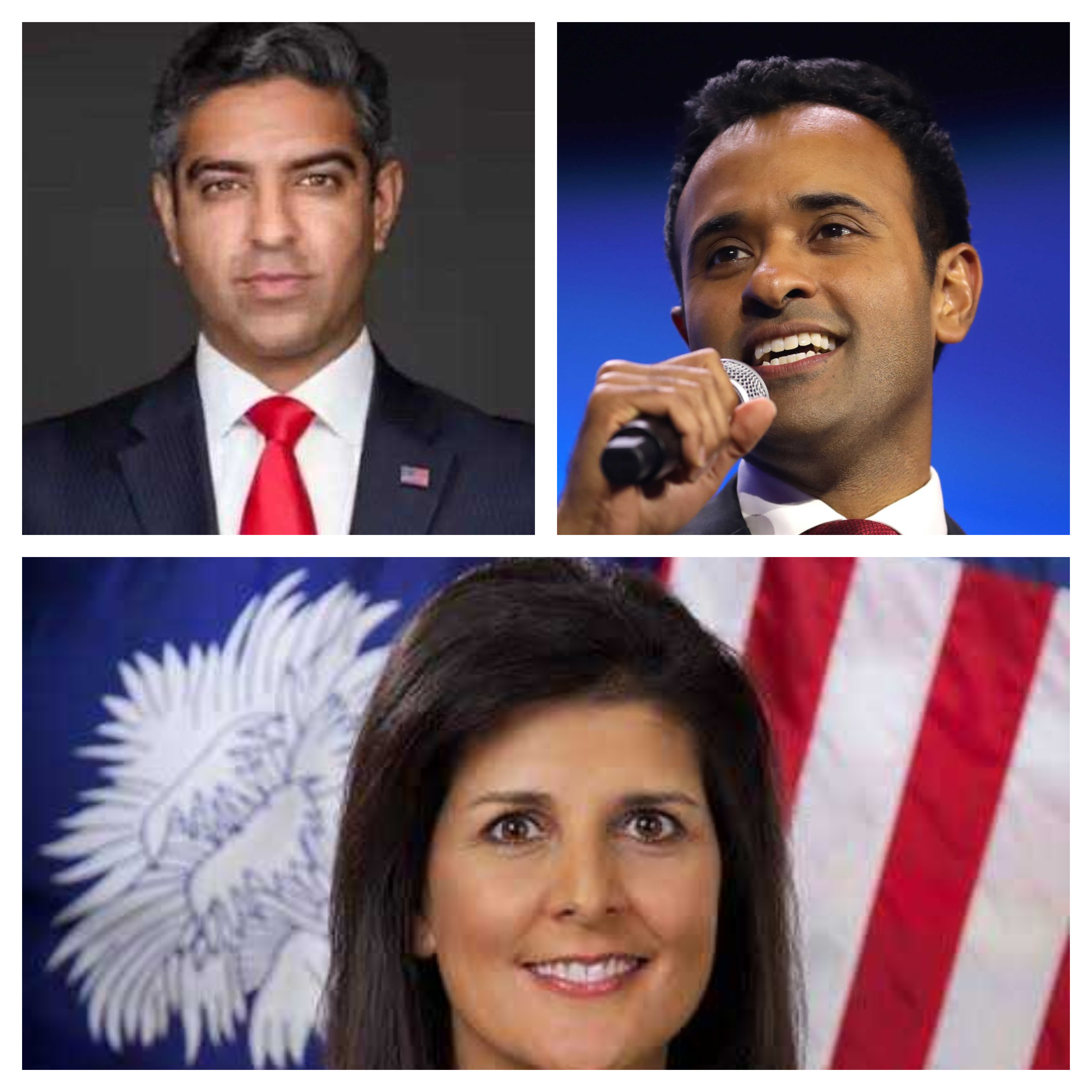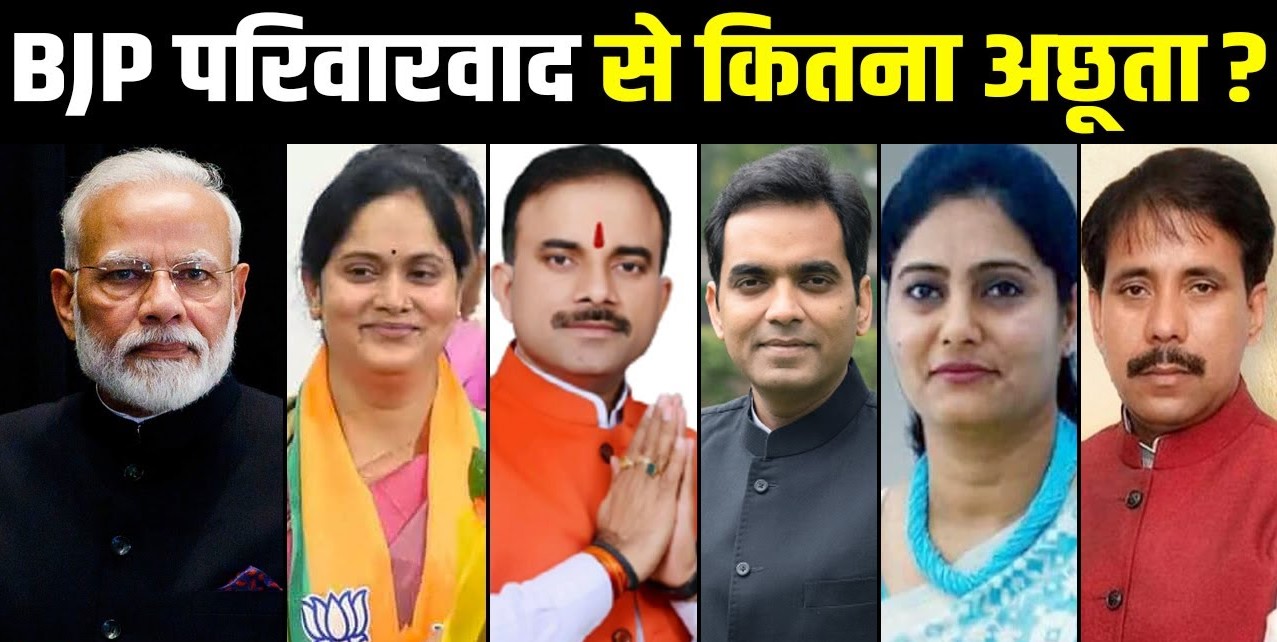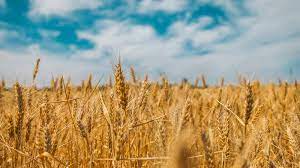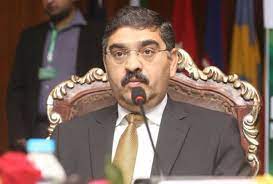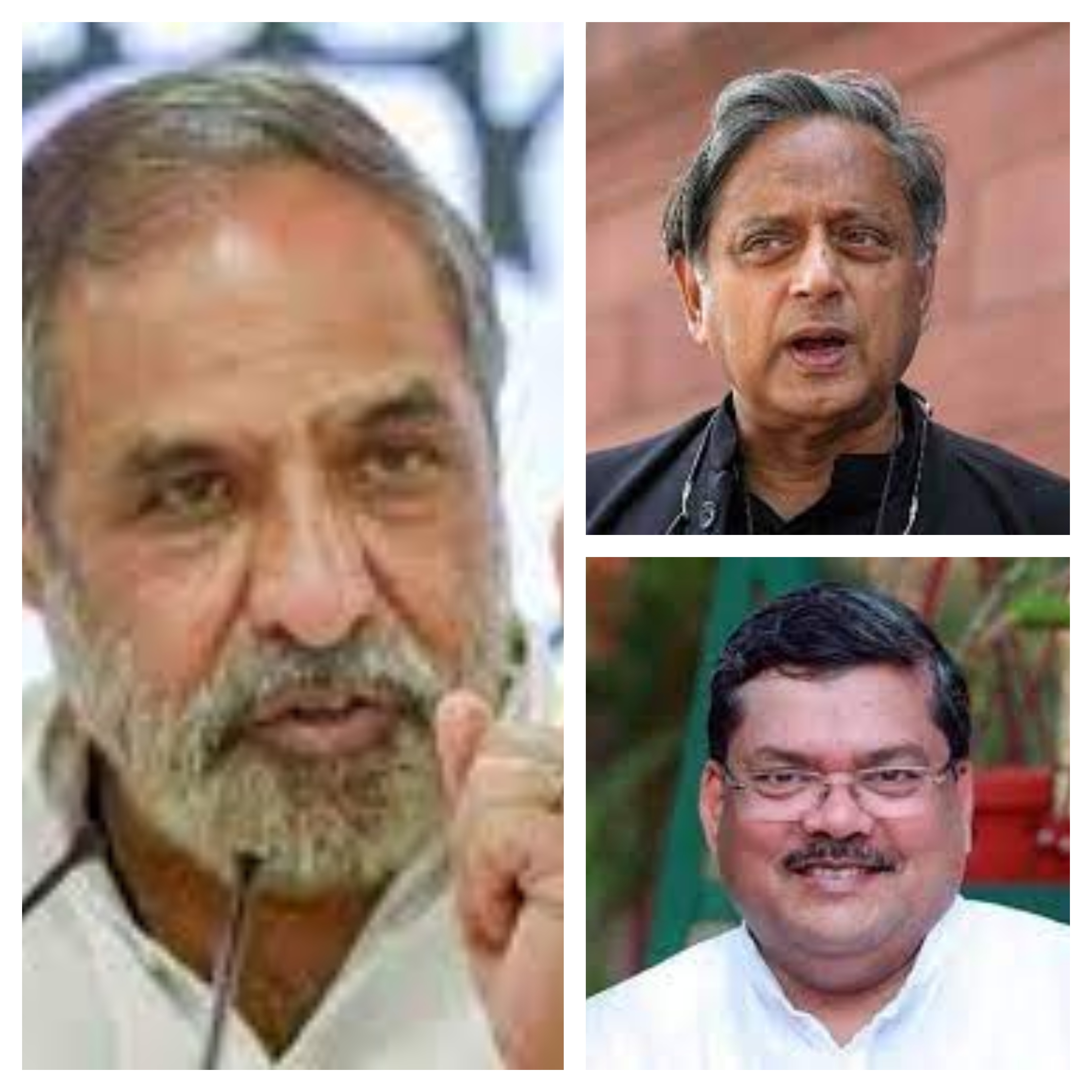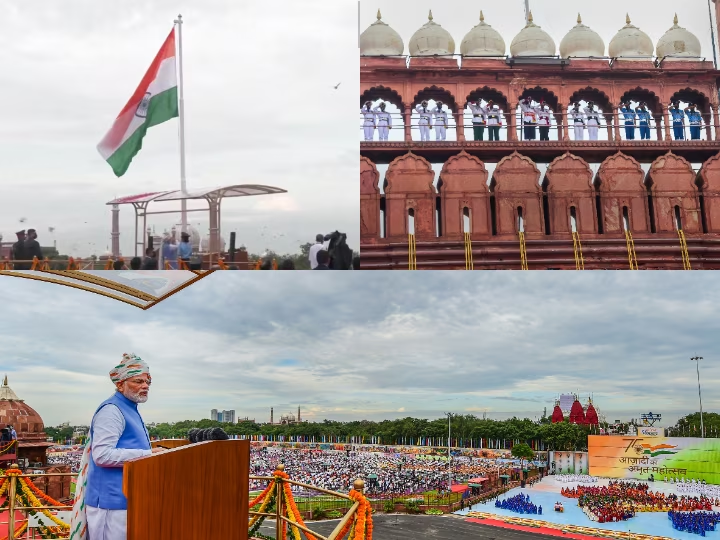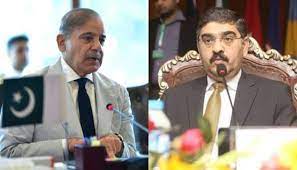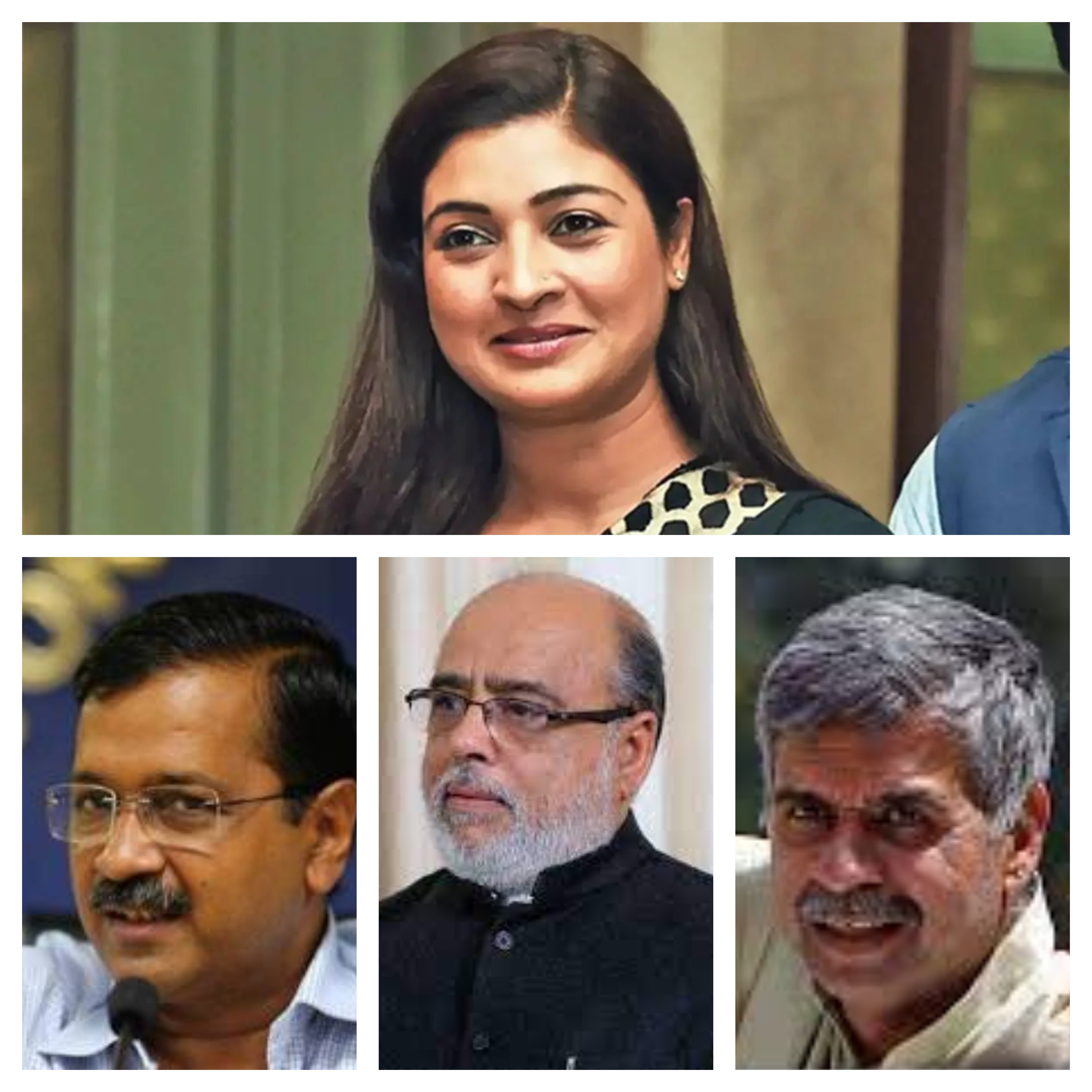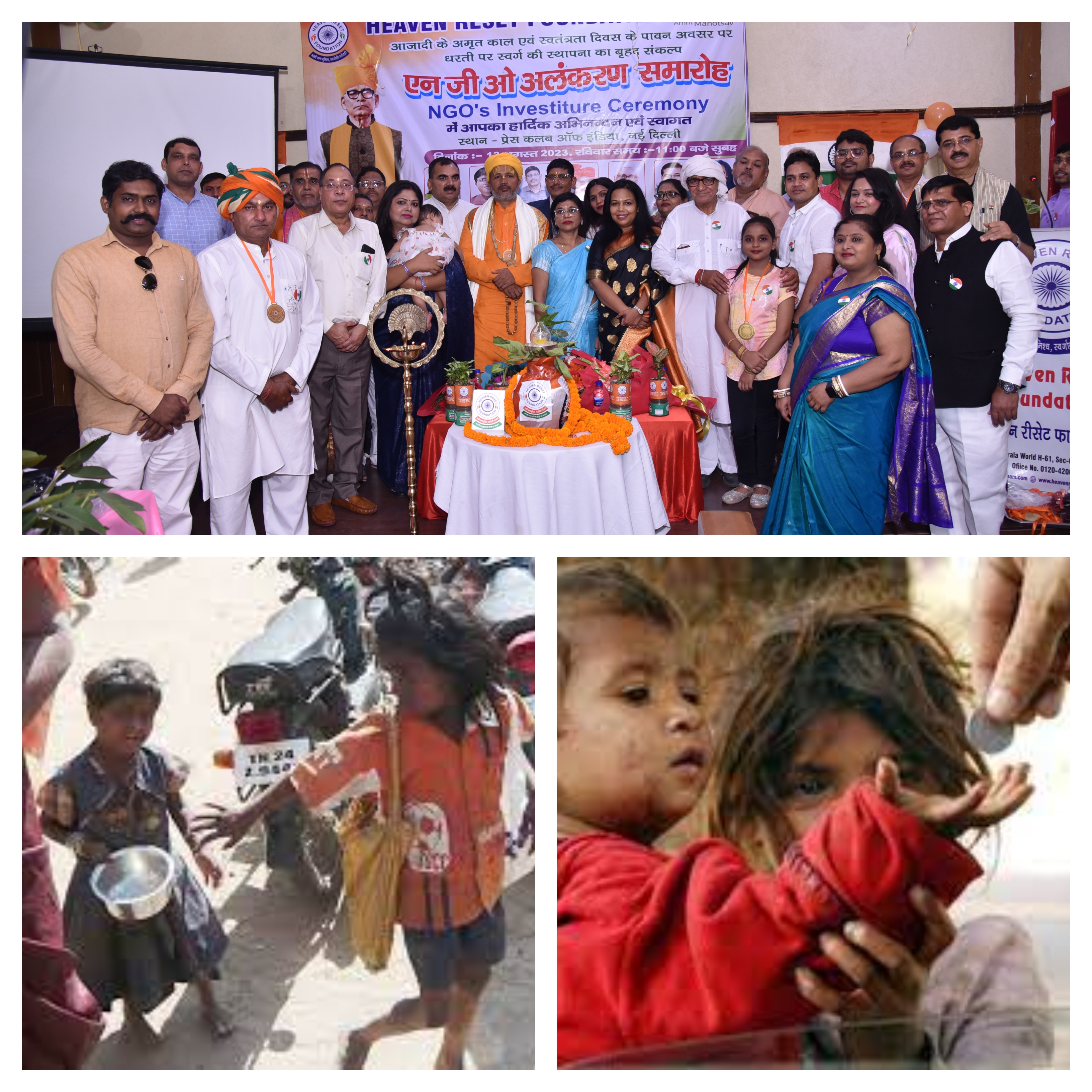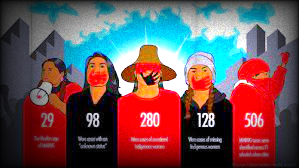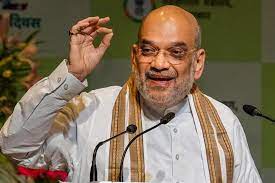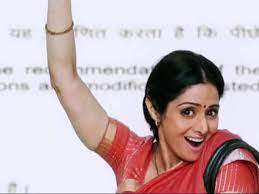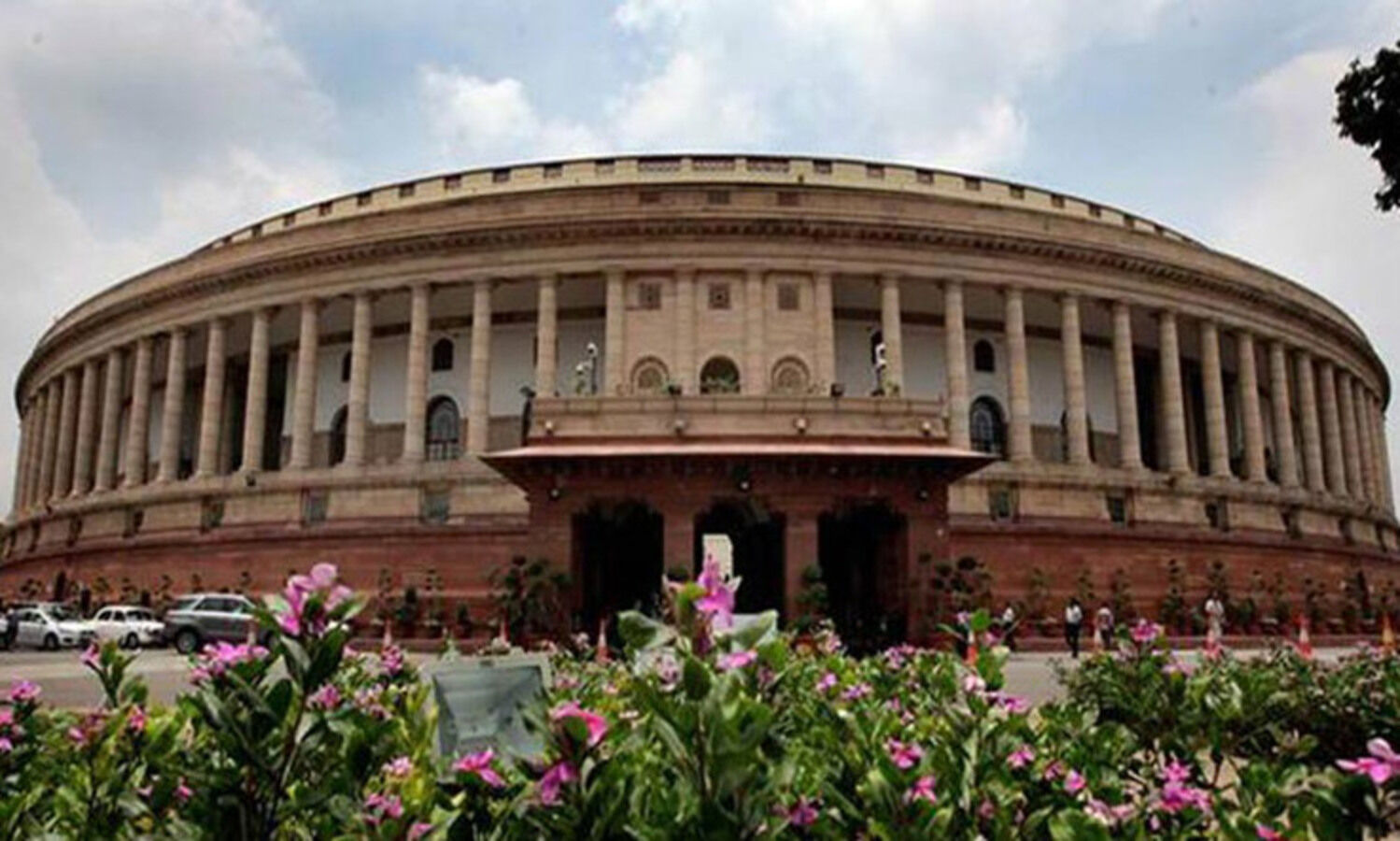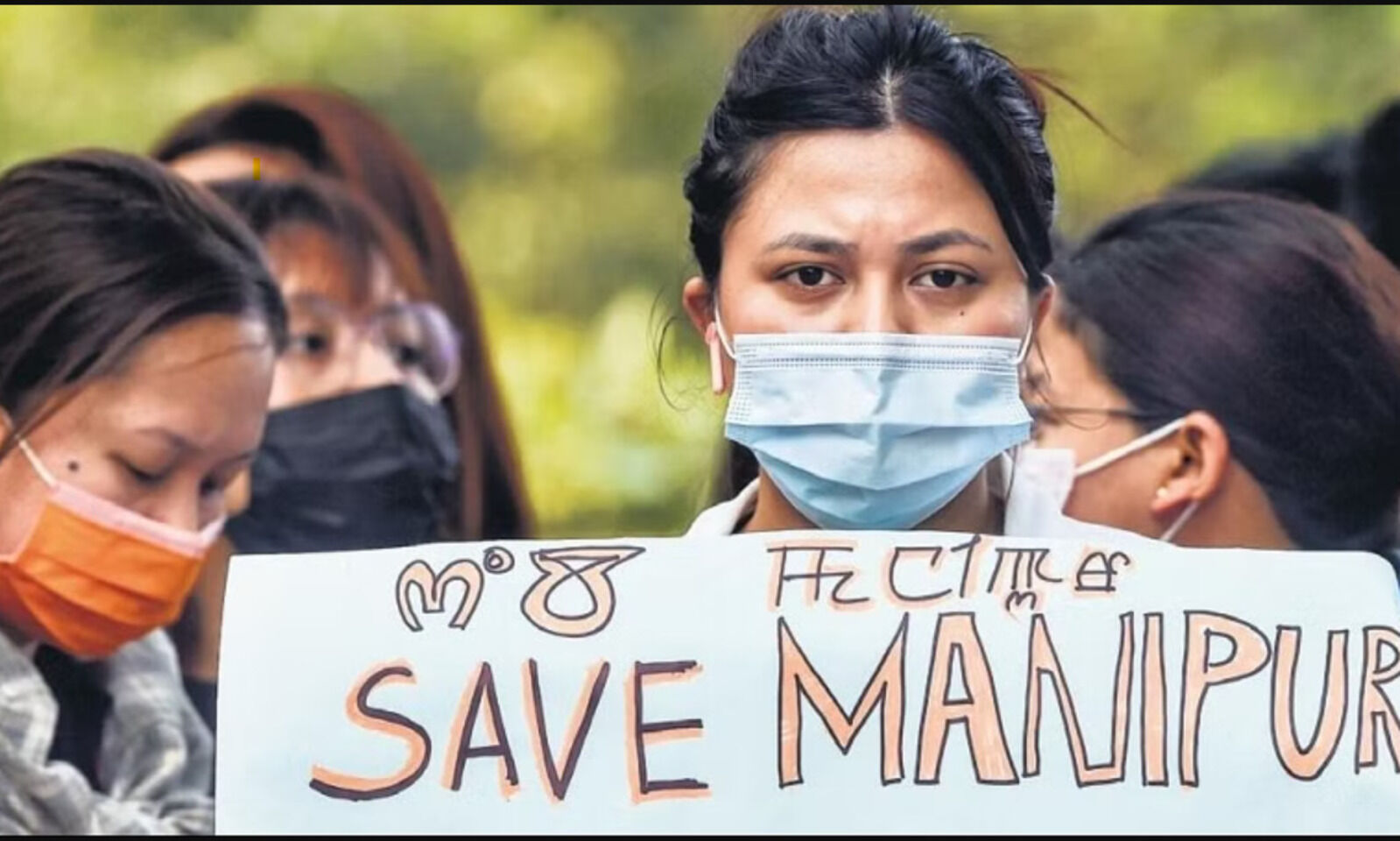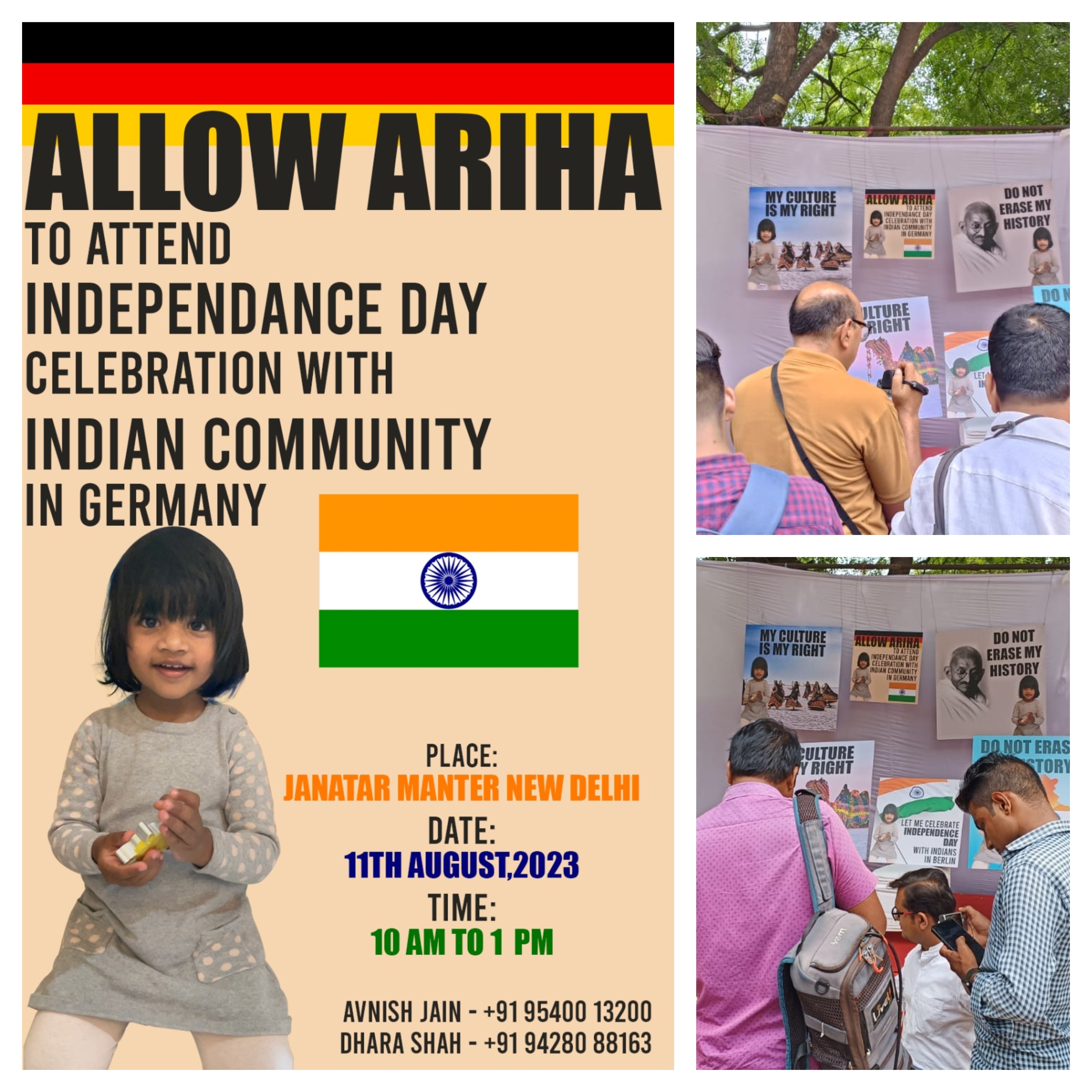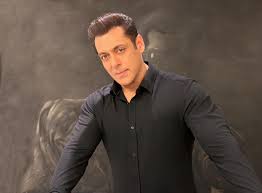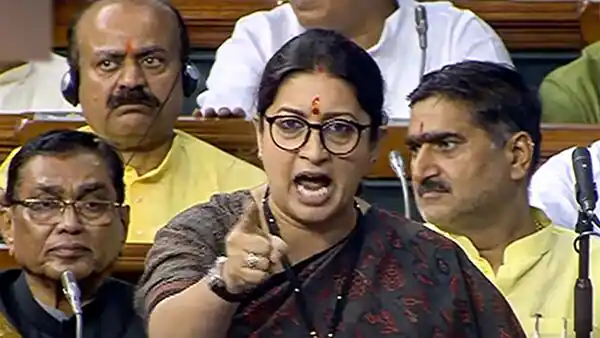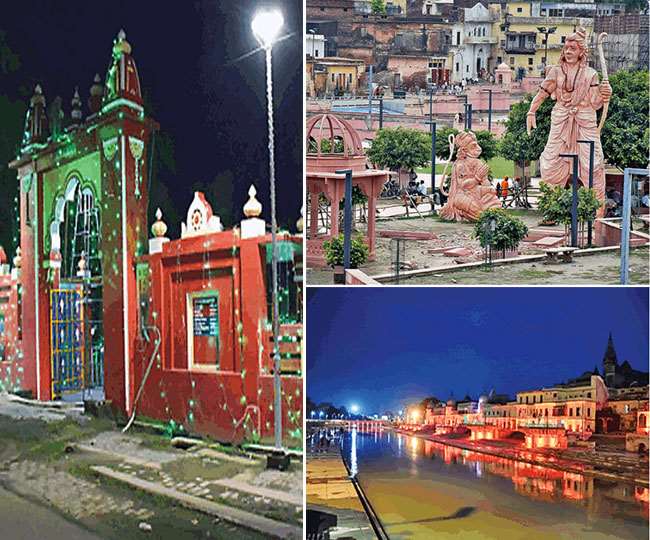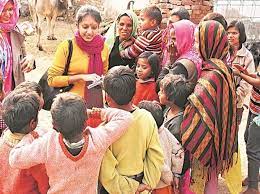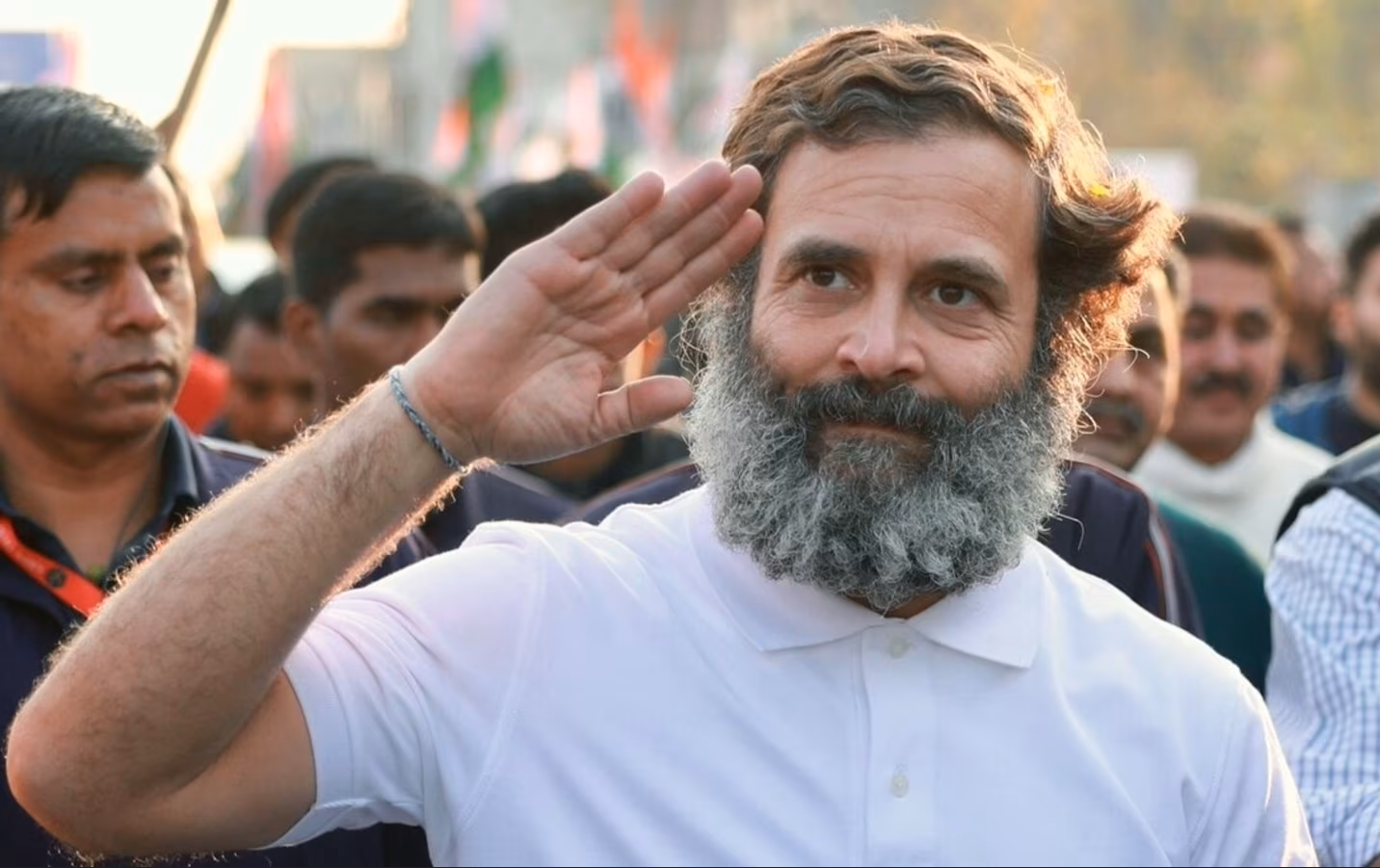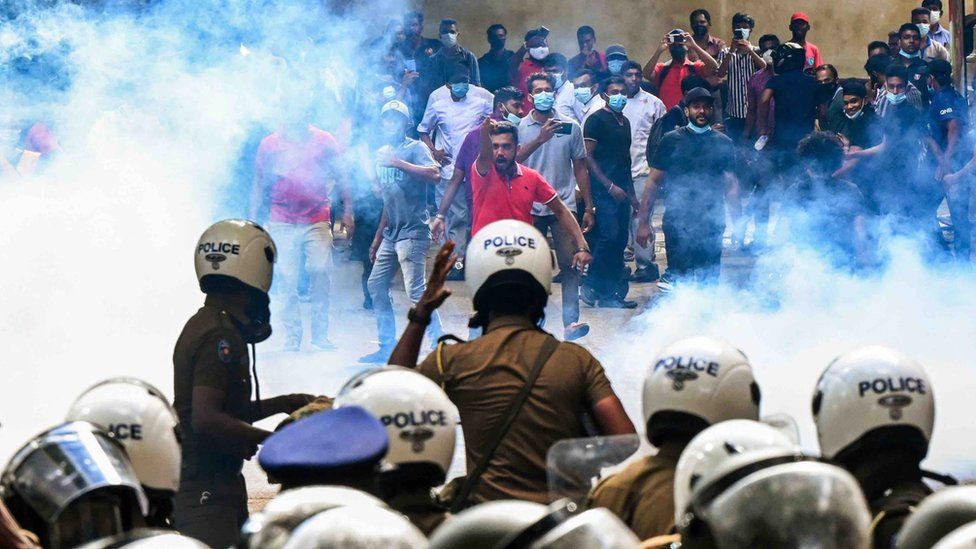4
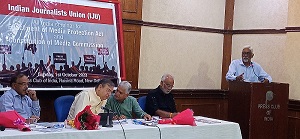
New Delhi, 04, October 2023
What the experts and everyone else missed out was talking about the First Amendment in the American Constitution which is probably the only country in the world that specifically mentions freedom of expression for the press.
Amitabh Srivastava

Currently two kinds of media organisations dot the skyline in India.One is the traditional media that has existed over the years trying to do its duty diligently under the most trying circumstances as the Fourth pillar of democracy which is hampered by salary cuts,closures of specially the newspapers and court and police cases at every step.The other is the digital and OTT platform making strong inroads into the media space through fair and foul means, especially after the Corona in 2020 put restrictions on movement outside home. This section of media is totally uncontrolled as of now.
The OTT platform has thrown all the guidelines of the Censor Board into the dustbin and disturbed the peace of mind of senior citizens, the parents and grandparents because they can't keep an eye on what their children are watching all the time.
To deal with both the kinds of media and the challenges it poses to the new India a seminar to demand Enactment of Media Protection Act and Constitution of Media Commission organised was by the Indian Journalist Union (IJU) which saw an unusually large gathering of media persons at the Press Club of India this Sunday.
Addressing the fears and concerns of the media person from across the country were two eminent speakers Amod K Kanth IPS, Founder General Secretary Prayas JAC Society and former DGP and Rakesh Khanna, Senior Advocate, Former President of Supreme Court and a former Additional Solicitor who has been associated with IJU since day one.
Amod Kanth with his experience in drafting laws for the protection of Children and marginalised communities since his days as Chairman Delhi Commission for Protection of Child Rights dwelt at large about the various complexities and anomalies of the media situation in post. Independent India.
He quoted extensively from the Maharashtra Media Persons and Media Institution Act 2007 the Chhattisgarh Protection of Media Persons Act 2023 also the Pakistan Protection of Journalists and Media Professional Act 2021 to point out how all three Acts fell short of the requirements of the media which now Digital Media and Social Media also to contend with.
The Pakistan Act is relevant for India, Kanth explained because it was also following the Cr.PC and IPC which were promulgated by the British in 1908.
Rakesh Khanna dwelt at length on the need for setting up Media Commissions at three levels District, State and National level to be able to deal with the problems of media persons in India.
Both the experts pointed out that the only body available for redressal of grievances and taking action against defaulting media publications, the Press Council of India had totally failed to perform its duty because it was toothless and mostly filled with political appointees.
Khanna specifically called for the disbandment of the Press Council and replacing it with the Commissions for protection of professional media persons.
Speaking as special invitee at the seminar,Pradeep Mathur,former Director Indian Institute of Mass Communication and former editor of several national newspapers said that the time had come to set up a national level test something like NET to sift the real from the fake media persons like they have an exam for doctors, Chartered Accountants etc.
Mathur also raised questions on the pattern of ownership of print and electronic media which reflected on the quality of so-called journalists working for them.
Avinash Singh, journalist turned media trainer in his brief intervention raised an almost identical concern and asked the journalists to beware of people posing as media representatives nowadays.
What the experts and everyone else missed out was talking about the First Amendment in the American Constitution which is probably the only country in the world that specifically mentions freedom of expression for the press. The best thing about this law is that it bars any future Congress from changing this law.
It reads,"The First Amendment provides that Congress make no law respecting an establishment of religion or prohibiting it's free exercise. It protects freedom of speech, the press,assembly and the right to petition the Government for a redressal of grievances."
In India there is no press freedom per se.
It is clubbed with the freedom of expression guaranteed under Article 19 (1) to every citizen of the county and is conditional.
There have been numerous instances of journalists doing their duty thrown into jail under the notorious Sedition Law or the more sinister Urban Naxal charge which is totally arbitrary.
S N Sinha, former President of IJU recalled the history of the struggle the organisation had been waging for protection of rights and wages of the journalists with able help from Rakesh Khanna who has been fighting the case of revision of wages of journalists under various commissions beginning with the Bachchawat Commission.
K Sreenivas Reddy, President of IJU and Editor Prajapaksham warned that the fight to save their lives and wages would have to be fought relentlessly at all levels.











































































































































































































































































































































































































































































































































































































































































































































































































































































































































































































































































































































































































































































































































































































































































































































